Mathieu Squarta from Padel Riviera Mougins and Fabien Veber from Padel Horizon are the guests of the Podcast PADEL TALKS n ° 3 animated by Michael Kuzaj and Alex Cortey, the founders of the clothing & accessories brand padel environmentally friendly Twenty by Ten.
Mathieu and Fabien are both passionate teachers of padel, ambassadors Bullpadel, and two good level players (No 49 French for Mathieu and Fabien is around the 100th French place). They share with us their opinion, without language, on: the controversial management of padel by the FFT, the tennis-padel in clubs, their favorite pro players and many other delicious anecdotes.
Listen to the entire podcast: https://twentybyten.com/padel-talks-podcast-3/ as well as on Apple Podcasts, Google Podcasts and Spotify.
RELIVE A SECOND TIME
AC: Mathieu, you told us off that in tennis you were no longer progressing while in padel, despite the years you continued to progress. Is this still the case?
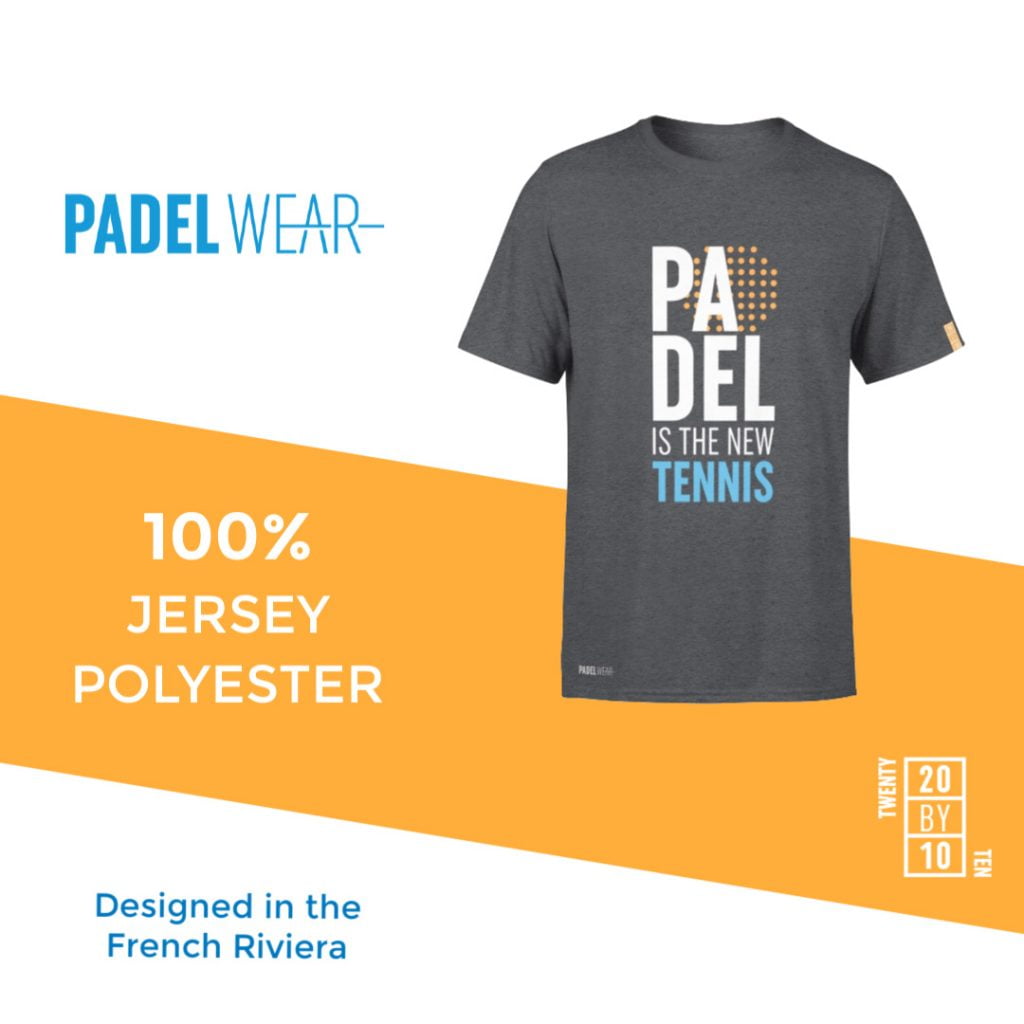 MS: When you arrive at a certain age, or at a certain ranking in tennis, you feel that you have no room for improvement and that you are fighting for a goal that is not even one anymore, and that you are throwing yourself into another sport that looks a bit like tennis [the padel], which is still different, it gives you a great basis for learning.
MS: When you arrive at a certain age, or at a certain ranking in tennis, you feel that you have no room for improvement and that you are fighting for a goal that is not even one anymore, and that you are throwing yourself into another sport that looks a bit like tennis [the padel], which is still different, it gives you a great basis for learning.
So yes I continue to learn every day at padel.
It may stop at some point, but for now I feel like I'm reliving what I experienced when I was young. […]
AC: The padel is therefore an easy and accessible sport for tennis players?
[…] Yes clearly, and again that's for tennis players, but for beginners it's so much easier to progress and have fun right away [at padel].
In tennis when you can't play, you hit two balls, it takes two hours to get them, etc. It's a little hellish.
Whereas if you put four beginners on a padel, after half an hour they feast.
AC: We still have the feeling among tennis players [me the first] that they are playing on their achievements in padel, while they should take lessons if they really want to progress ...
FV: “Yes, but at the same time what has changed with tennis players is that for the past two years they have heard so much“ lets pass ”,“ lets pass ”,“ plays with the back glass ”… that now they know what 'they must do on a plot of padel.
Five years ago when I started they didn't want to hear about it. They said to you "yeah, yeah that's it", whereas today young people who come from tennis know, and suddenly their margin of progression is much faster than before.
FFT: the pros and cons
MK: Can you tell us a bit about the relationship between tennis and padel within the FFT [French Tennis Federation], who we know is a bit complicated at the moment?
FV: Today if the Fed [FFT] really wanted to help us, it would.
We had two, three “buzz” hits on the padel who have done good:
- When Arnaud Clément and Arnaud Di Pasquale have started padel it made people talk.
- When Gaël Monfils made the tournament in Lyon in 2017 with Robin [Haziza] and did not go to play in the Davis Cup it caused a buzz.
- Today there is Lucas Pouille who plays regularly, there is Benoît Paire who plays regularly There is Mika Llodra who is getting started.
You have professional tennis players who today love it padel. When Arnaud Clément recounts during the'interview on Padel May that he is stung, that he is “padel addict ”, the federation [FFT], above all does not want to use it, because if they use the padel, and it always comes back to the same thing. We don't believe that they really want to develop the padel.
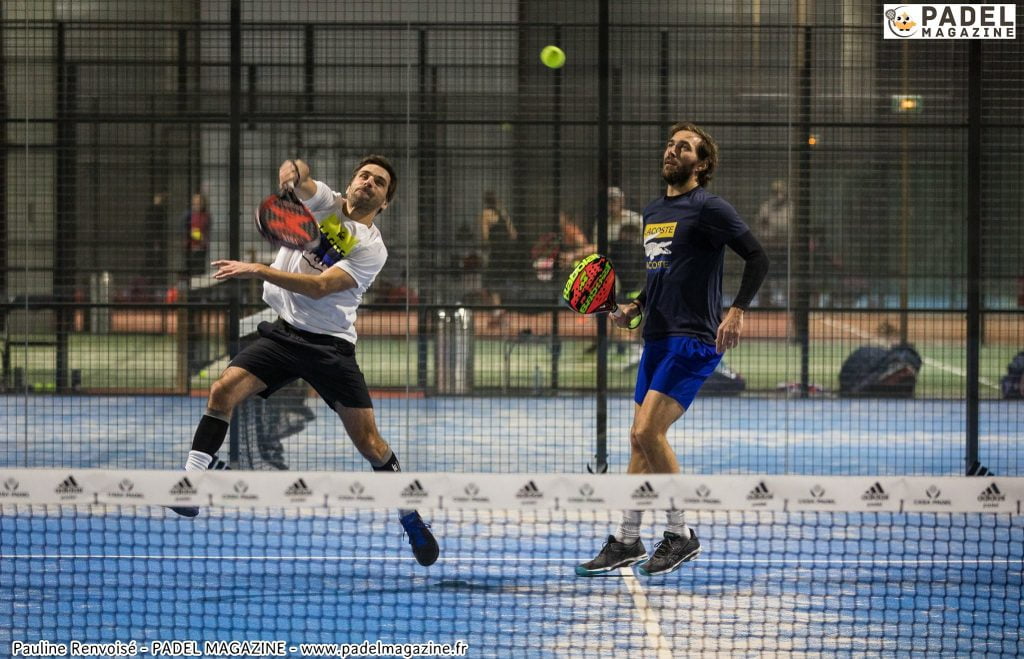
MS: Today we have the impression that the FFT is trying to structure itself from above, that is to say through competition, and that is not very logical. When we know that the FFT Padel Tour cost €500, we say to ourselves that it could have better used this money in the media and social networks to do mass advertising and show that this sport exists, it is not up to private clubs to do this work…
The federation could also intervene by asking professional tennis players to play against players from the World Padel Tour. To see them get rolled by players from padel, while we know how good they are with a racquet, it could really create a buzz.
AC: This lack of commitment on the part of the FFT is almost paradoxical given that the padel is a fun and accessible sport in full swing ...
FV: Yes, it's a shame, especially since among children, we are not far from 100% adhesion for those who try the padel is who find it great. In tennis clubs, if we offered a mix by finding a partnership with tennis club presidents who would be open to the development of padel […] We could further develop the padel.
PAQUITO AND SALAZAR: SENIORS RESIST
MK: I asked you both to introduce us to a player from the World Padel Tour. We know their results, but we often do not know who they are or how they play.
MS: I chose Alejandra Salazar. She is a player that I particularly like. She plays right and has an exceptional hand. She's turning 35 this year, so she's no longer a young player, but I just like the state of mind on the World Padel Tour where now the “old” players start to play with the young players who arrive. There is a bunch of teams where this is happening and this is the case of Salazar who plays with Ariana Sánchez who is 23 years old. She has won the Masters four times, I think that's a record. She is still 2nd in the world. Especially in 2017 she made her cruciate ligaments. So to get to come back to this level is strong. She also made Ariana Sánchez the youngest to have won the Masters.
MK: I think these associations are superb, because you have on the one hand the youth, the passion and the physical explosiveness of the young people who can be associated with the experience of the players and a little older players. It often makes very good duets.
MS: Downright, it makes better duets than when you put two young people together in my opinion. I have my little opinion on the Galan-Lebron pair. I'm not sure it really works. I think the two are going to want to impose themselves, are going to want to do incredible things and in the end they are going to step on it. This is what happened a little with Paquito and Lebron. They were incredible, but they stepped on them.
AC: Exactly, how does the pairs work? padel? Do they tend to stick together or are there ego wars?
MS: I think there are a lot of ego wars. Apparently, there are a lot of arguments among the players. This was a bit the case with Salazar and Marrero who no longer agreed on the end.
LE PADEL PAQUITO CHAMPAGNE
MK: To follow up on your pro player Fab, could you introduce Navarro Paquito to us?
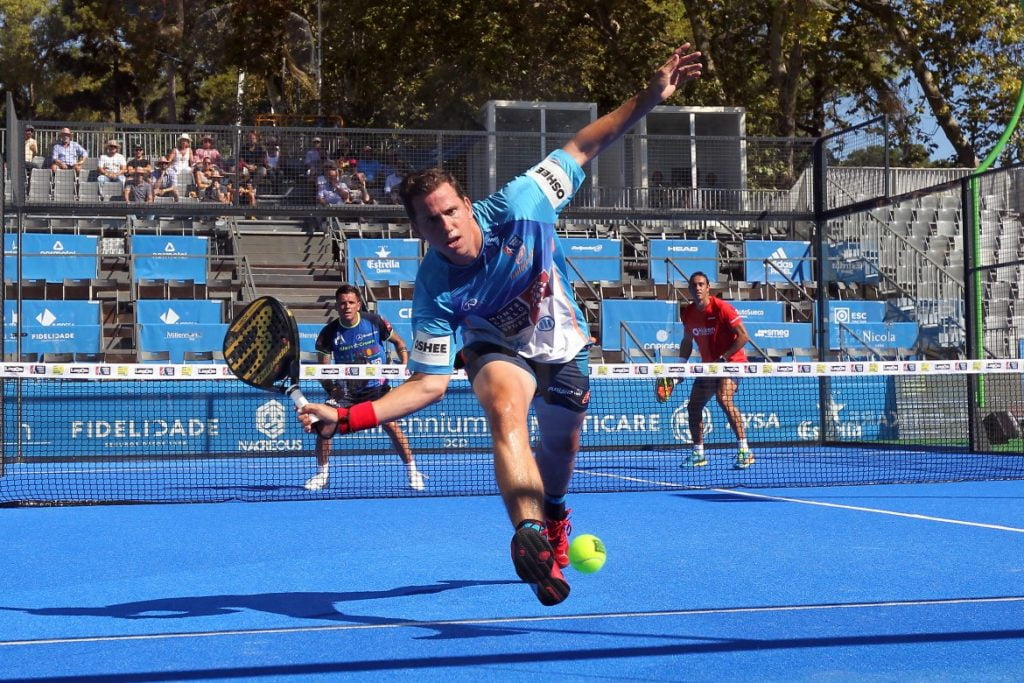
FV: Four, five years ago when I started watching videos of the World Padel Tour, I found that Paquito was already one of those who did the most “show”, and what I also imposed a little on my club Padel Horizon is about letting fanciful blows express. A blow between the legs, a blow to the back, a retral, a room is part of the padel because it's a fun game.
I have always quoted Paquito who arrives in the final of a Master to defend in the back, to make a back window between the legs, and precisely the fact of playing wins, of having a killer look while making shots that come from nowhere, for that I love it. It shows that we can play the win, have the temper that characterizes it, but always keeping in mind that if the opponent has made a good point you have the right to make him smile or to pat him on the back .
MS: I had the chance to play with him during the exhibition in Riviera Padel in Mougins organized by BullPadel. I played with [Navarro] Paquito and [Federico] Chingoto, and it was just awesome. At one point the guy kindly takes me out, and I obviously put a mine through the door to try to show him a little what I'm worth, that is to say nothing at all ...
What he made me understand on the following two points where he sends me two forehand volley where I need a golf club to deliver it. Once the ball had hit the ground there was nothing to do. I understood that I no longer had to be clever. And we ended up watching the soccer world cup final together at the club bar. It was great.
AC: In your opinion, where is the difference in level between French players and the best players in the World Padel Tour?
MS: It has nothing to do. We have the impression of playing well in France, but on the world level, we do not make the weight. The best French players just flirt with the top 100 and more ...
AC: What are the big differences in play at this level?
MS: The effects are incredible, the ball does not necessarily go faster, it is rather the areas which are incredible, the effect is incredible, physically they are monstrous.
FV: What is surprising is that we have the impression that it goes two hours an hour, that it puts the ball in the ground and that it defends steel, but it does not go two hours per hour at all, it goes to two thousand. Everything they do they do it better. It is said that our best [French] players defend everything, no, they [the Spanish players] they really defend everything, and at the slightest opportunity you take a scud. It's just another world.
By cons the beauty of this sport and that's why we are all addicted is that against the best you play, while if you put a lambda player against Roger [Federer] he does not play. There you can play against monstrous guys. You play with the impression that you were "at that" of being able to win, even if you take yourself 6-1 6-1, but you could play with them and have fun.
MS: And defeat or victory is not the same [as in tennis]. Once we have won or lost we all leave the field and we all find ourselves together around a table to eat and drink shots.
Thanks to Fabien Veber (Padel Horizon) https://www.padel-horizon.com/ and Mathieu Squarta (Riviera Padel) http://www.padel-riviera.com/
Discover the collection of eco-responsible clothing and accessories Twenty by Ten: https://twentybyten.com
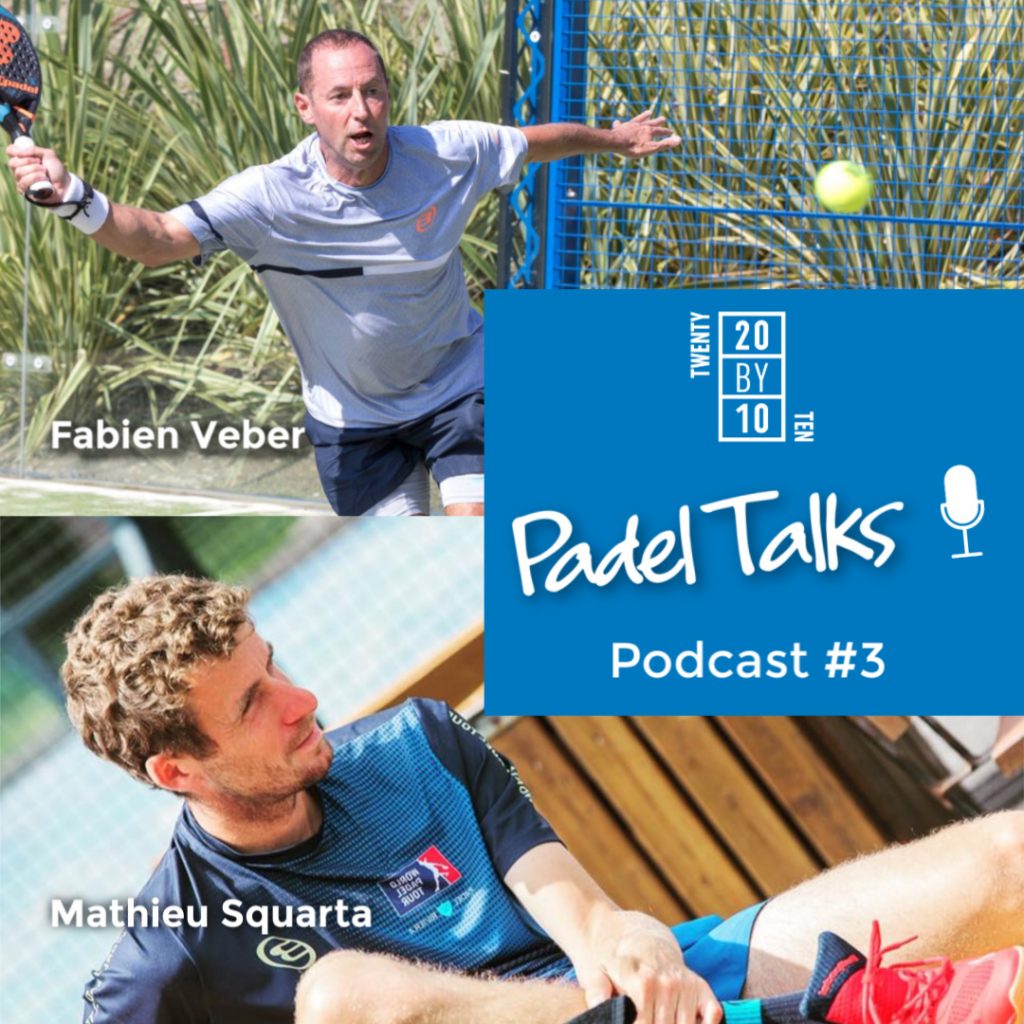
Franck Binisti discovers the padel at the Club des Pyramides in 2009 in the Paris region. Since padel is part of his life. You often see him touring France going to cover the major events of padel French.

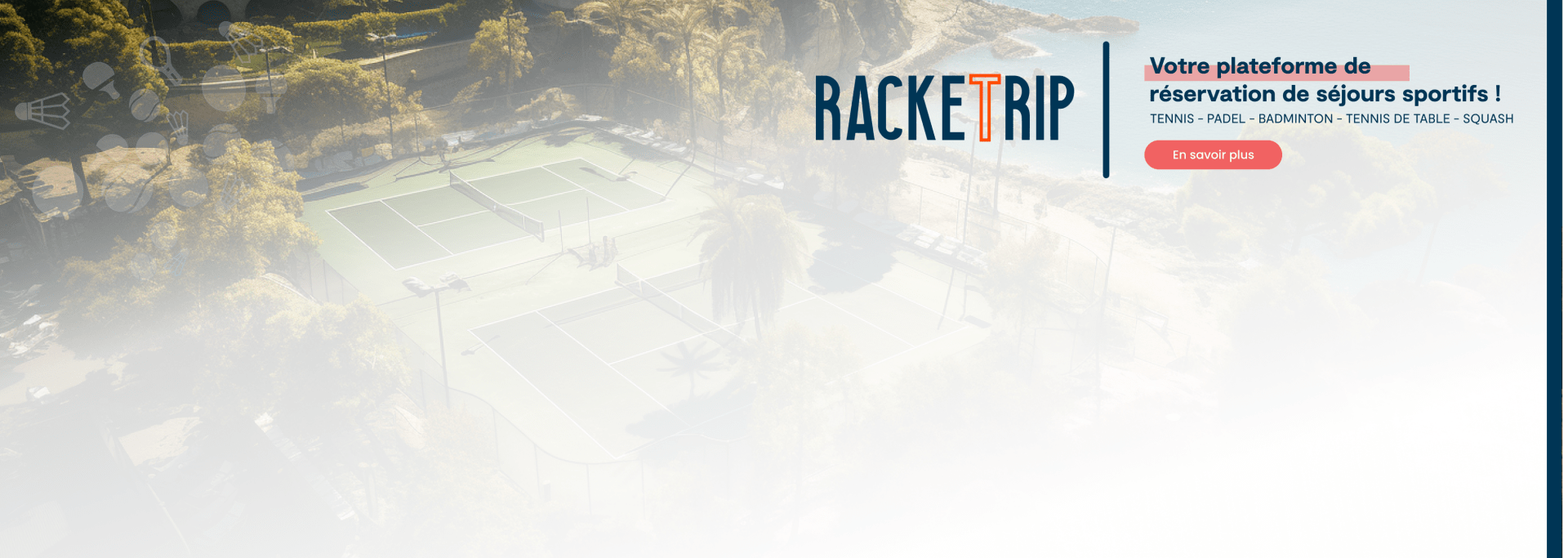


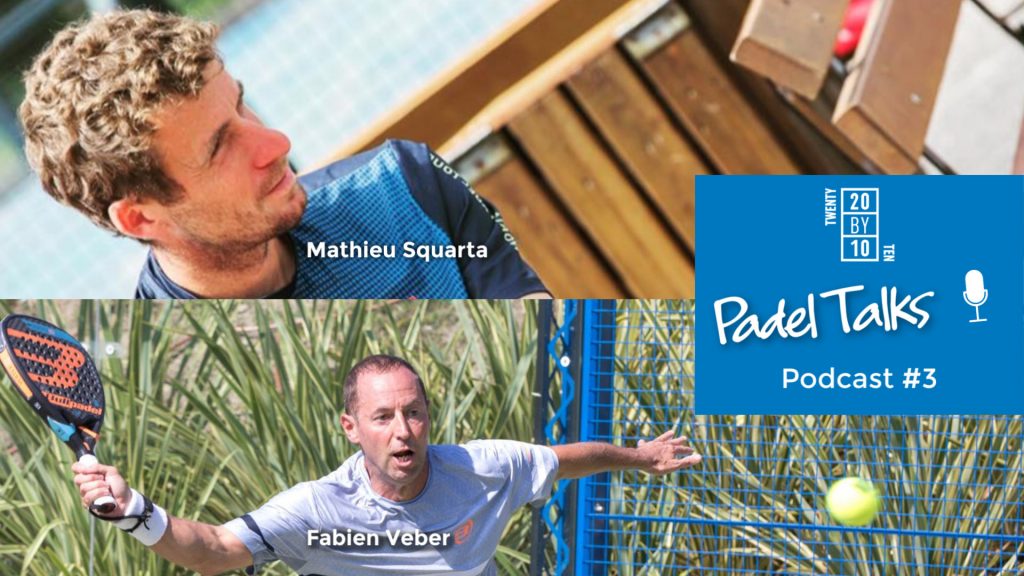















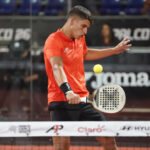












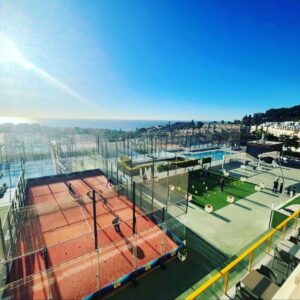




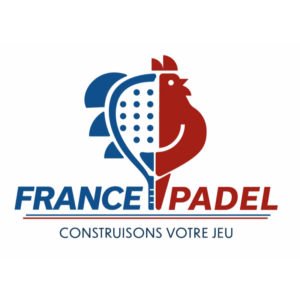





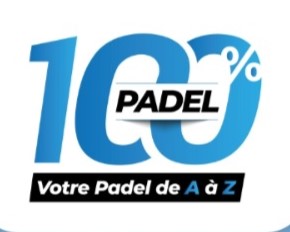


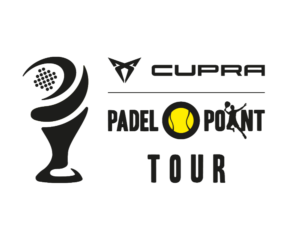

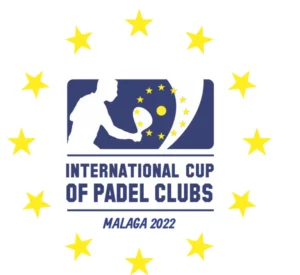




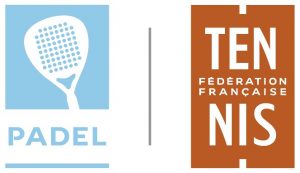


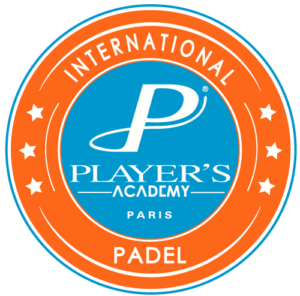
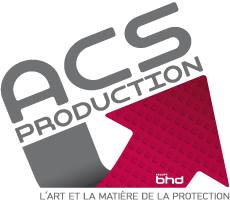




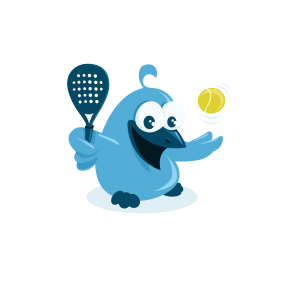

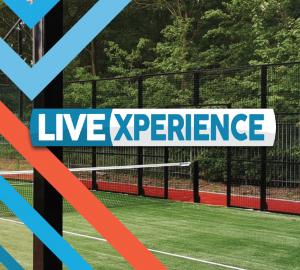


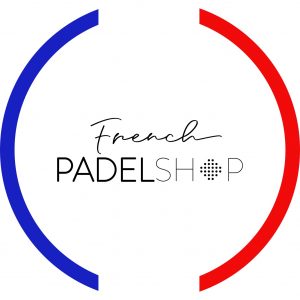
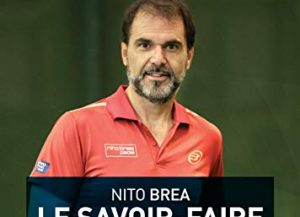
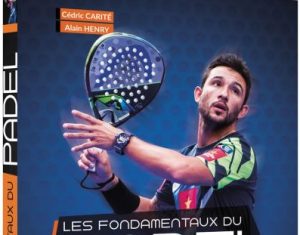


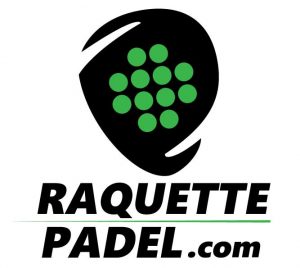

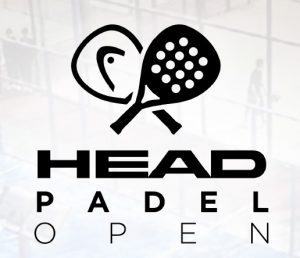





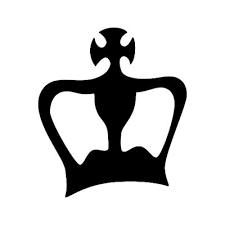



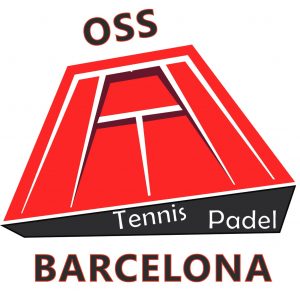
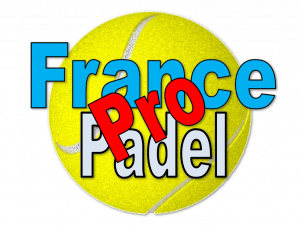




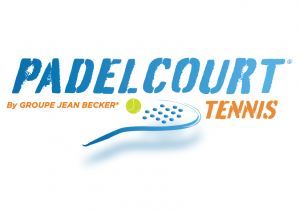

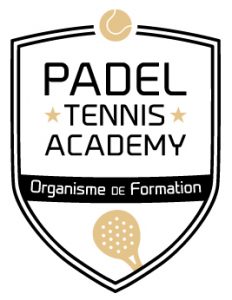
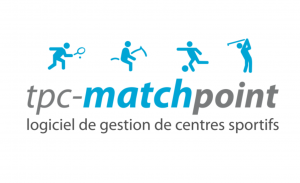






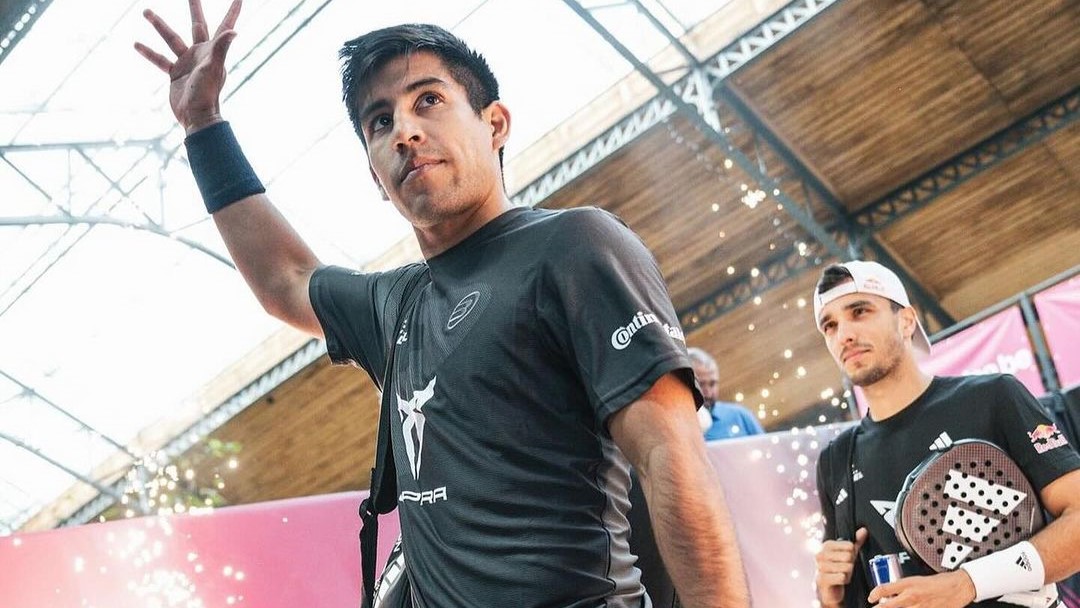 Premier Padel Brussels P2 – “Chingalan” on the way to its second final
Premier Padel Brussels P2 – “Chingalan” on the way to its second final The All Star Tour returns on May 16 at the All In in Lyon
The All Star Tour returns on May 16 at the All In in Lyon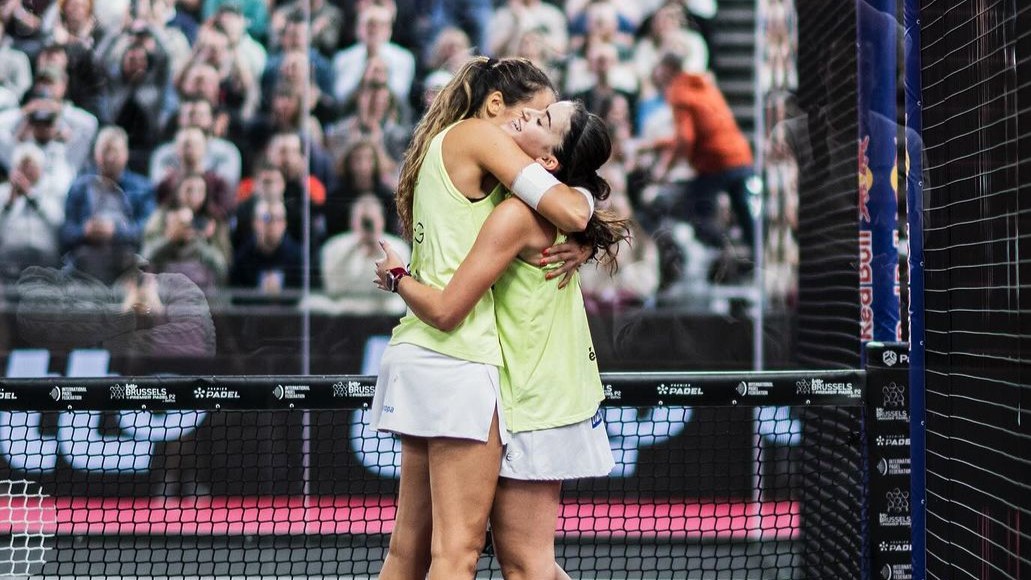 Premier Padel Brussels P2 – Gemma Triay and Claudia Fernandez return to the final
Premier Padel Brussels P2 – Gemma Triay and Claudia Fernandez return to the final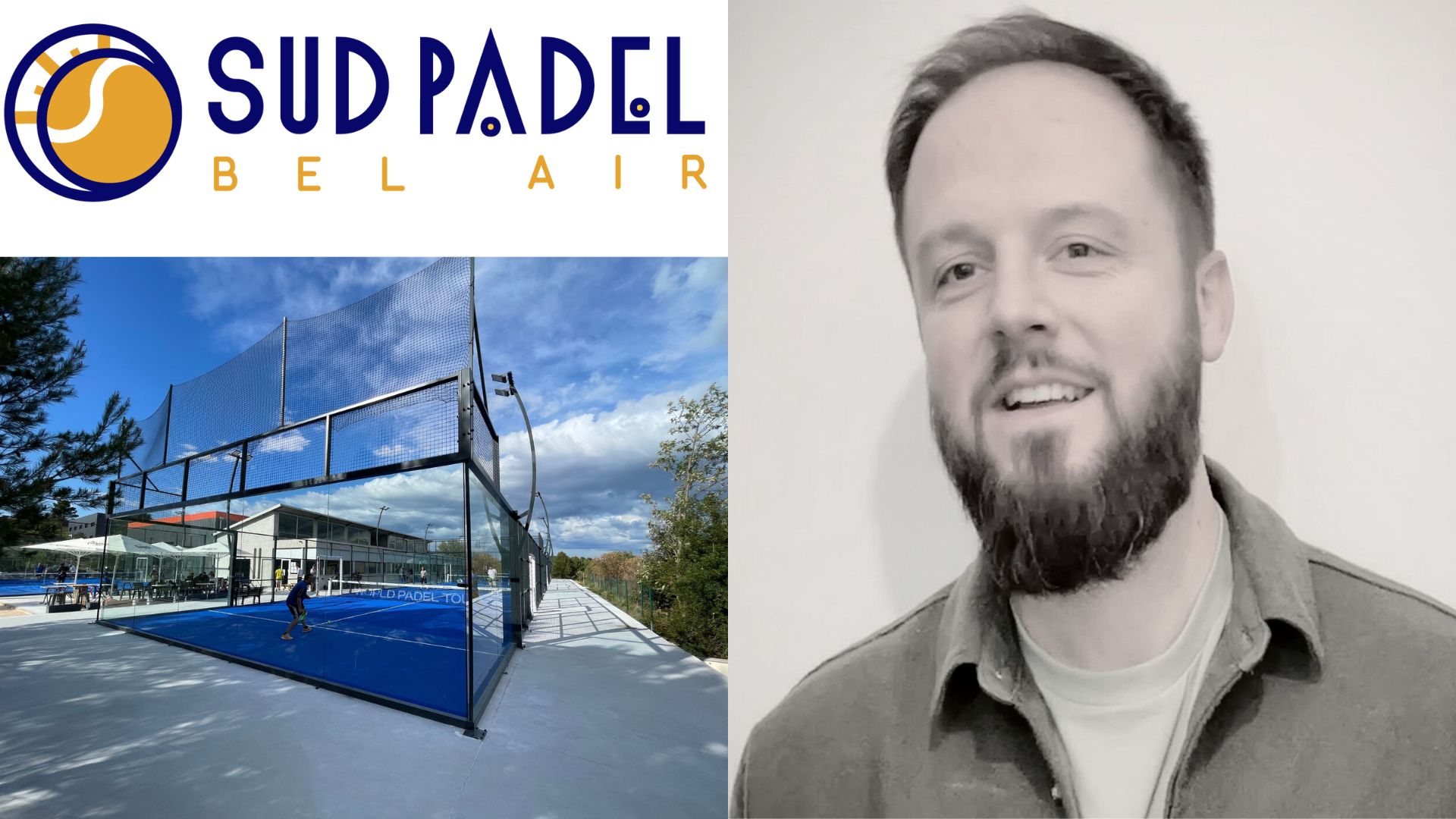 Guillaume Codron de Sud Padel : “A family project”
Guillaume Codron de Sud Padel : “A family project” Nallé Grinda: “Democratize the padel in the USA with PadelX "
Nallé Grinda: “Democratize the padel in the USA with PadelX "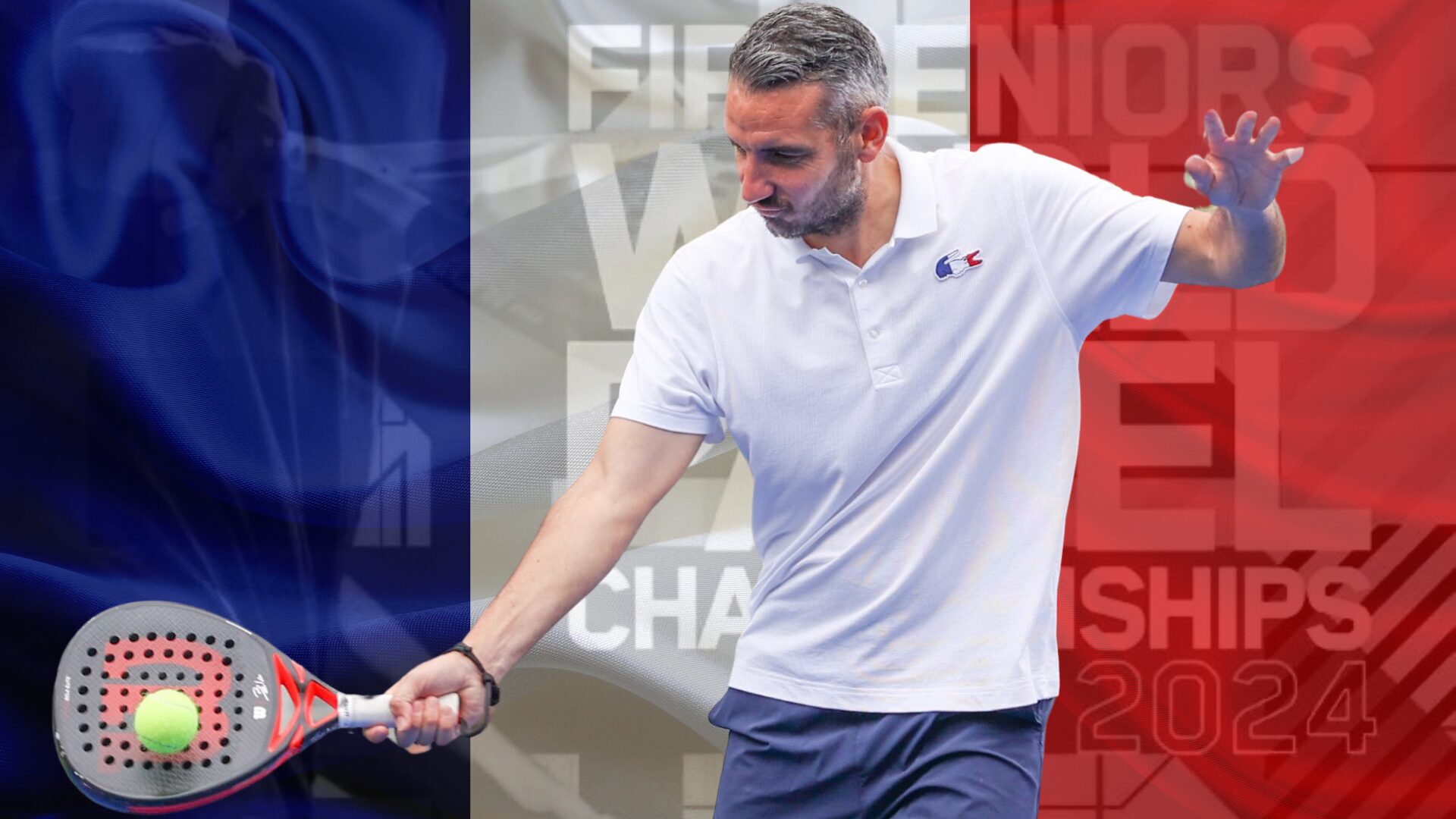 Simon Boissé: “We know that there are two nations in front of us”
Simon Boissé: “We know that there are two nations in front of us”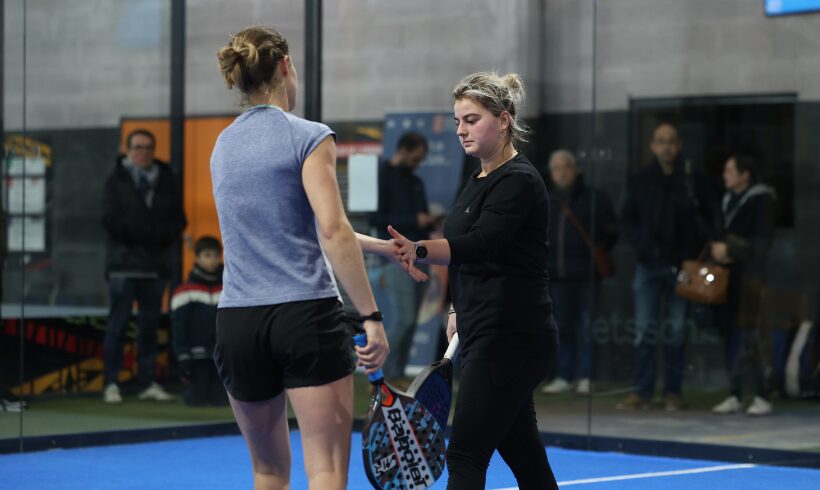 Marie Maligo: “This period of frequent changes of partners was beneficial for me”
Marie Maligo: “This period of frequent changes of partners was beneficial for me”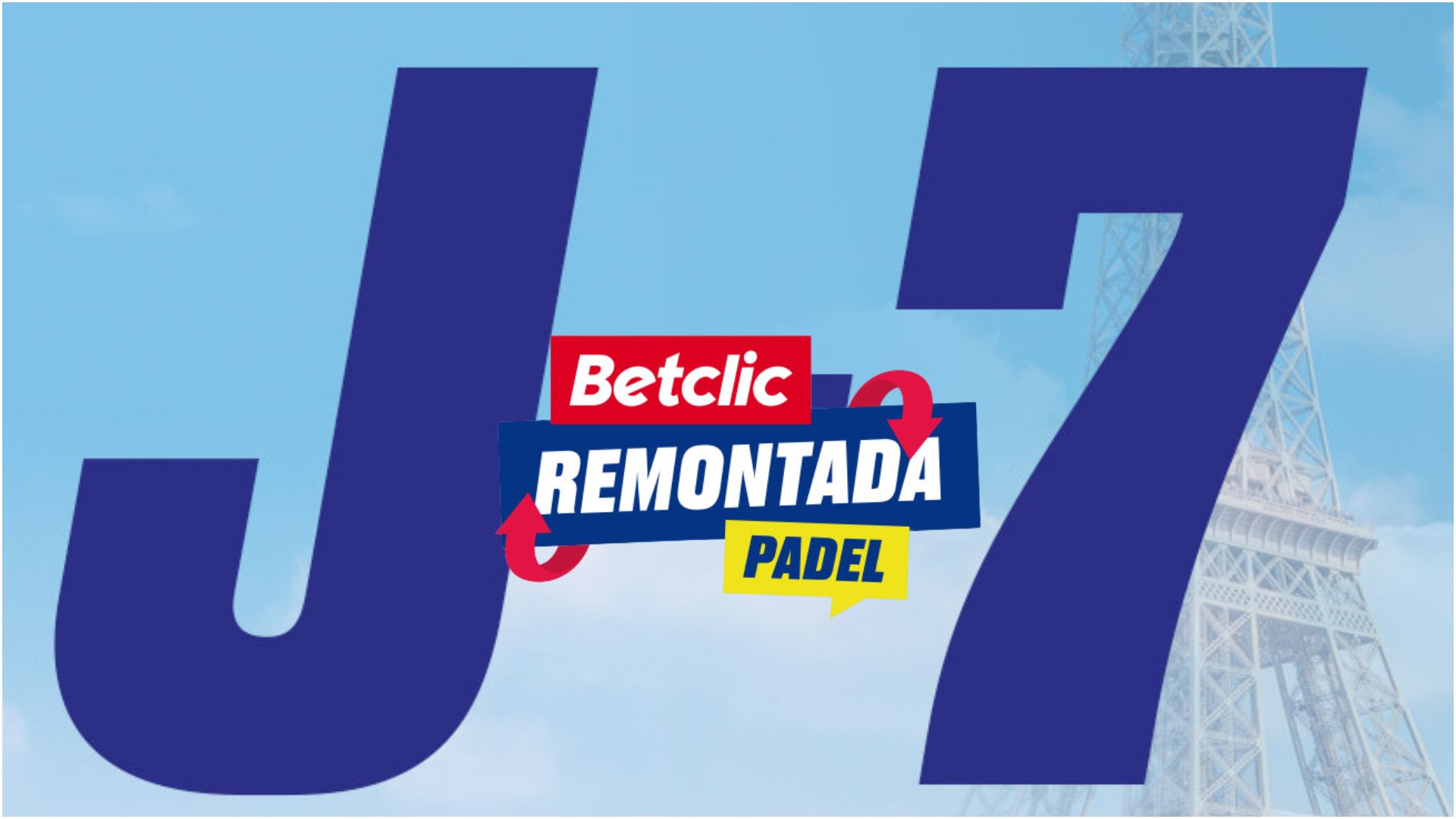 D-7 of the “BetClic Remontada Padel”, at the foot of the Eiffel Tower
D-7 of the “BetClic Remontada Padel”, at the foot of the Eiffel Tower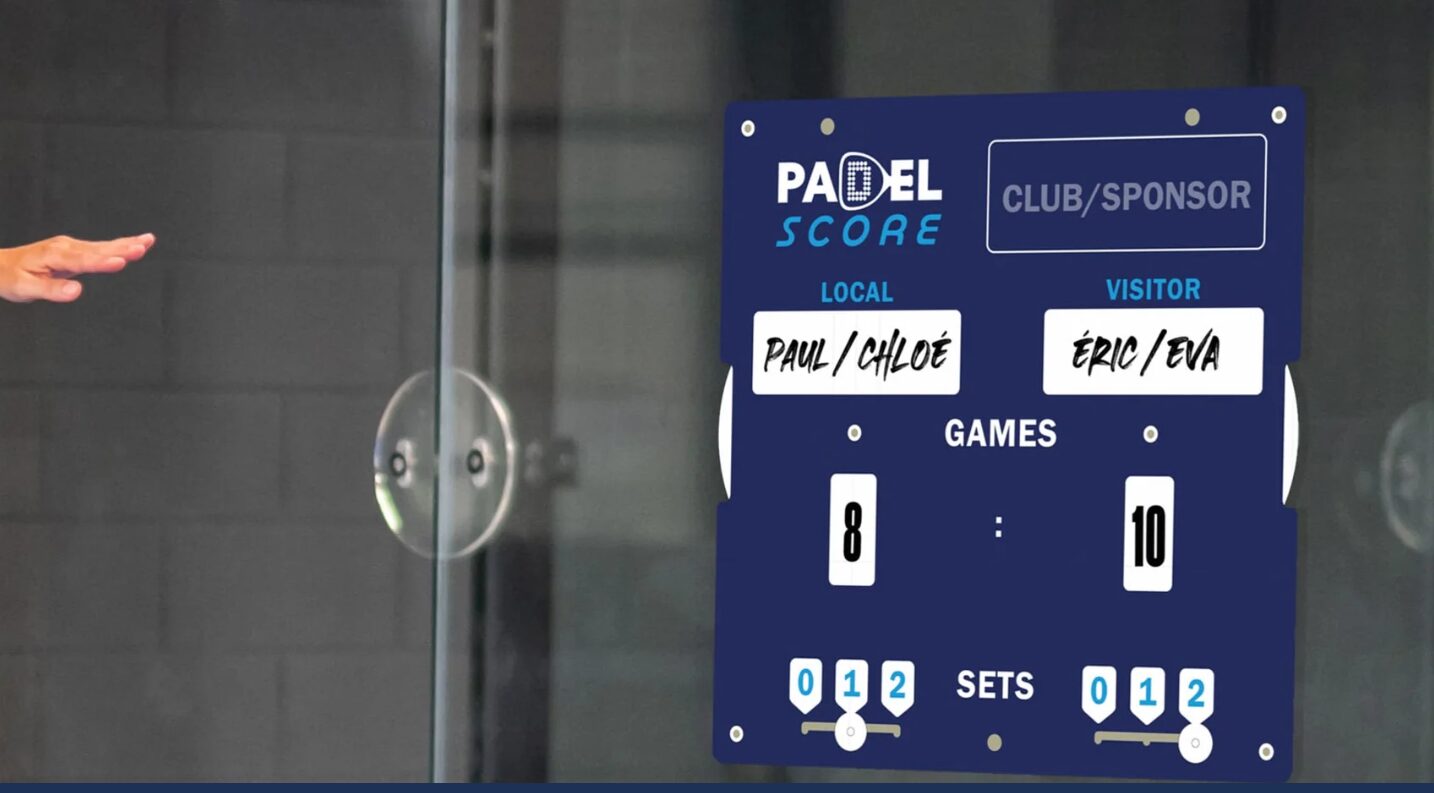 Padel Score: an essential table for keeping score
Padel Score: an essential table for keeping score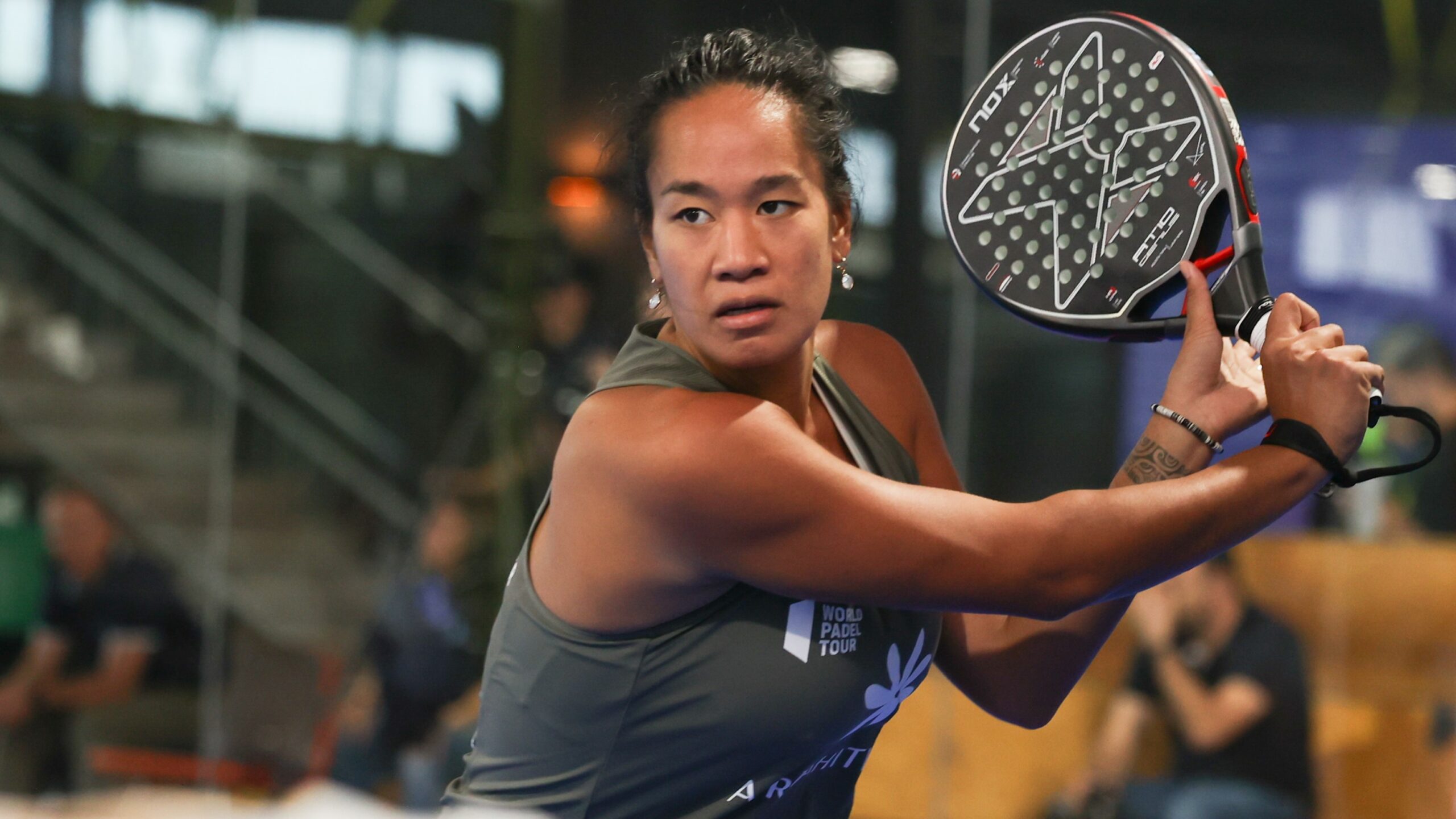 Léa Godallier makes her big return to the slopes this weekend
Léa Godallier makes her big return to the slopes this weekend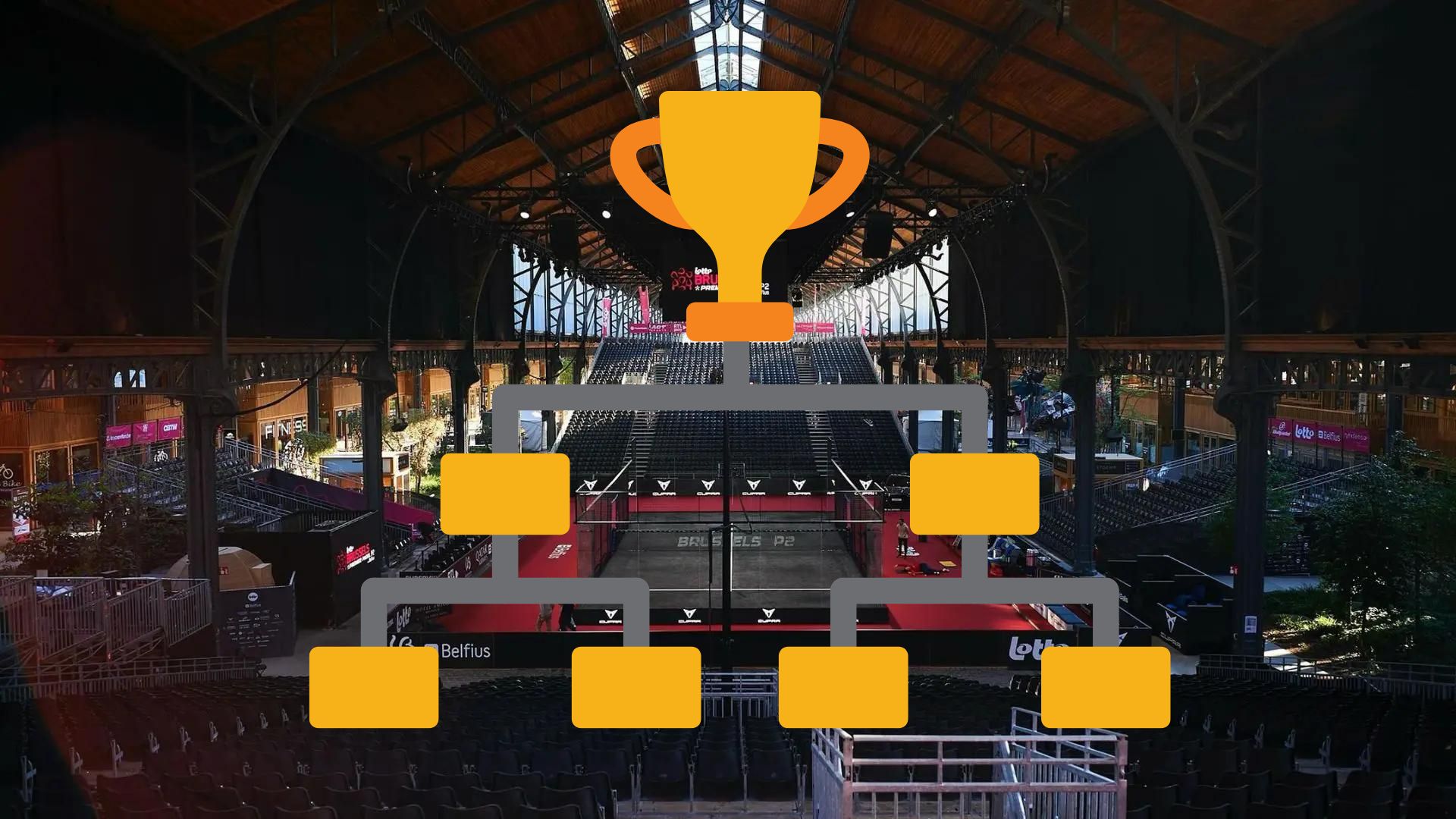 Premier Padel Brussels P2 – Time for the semi-finals!
Premier Padel Brussels P2 – Time for the semi-finals!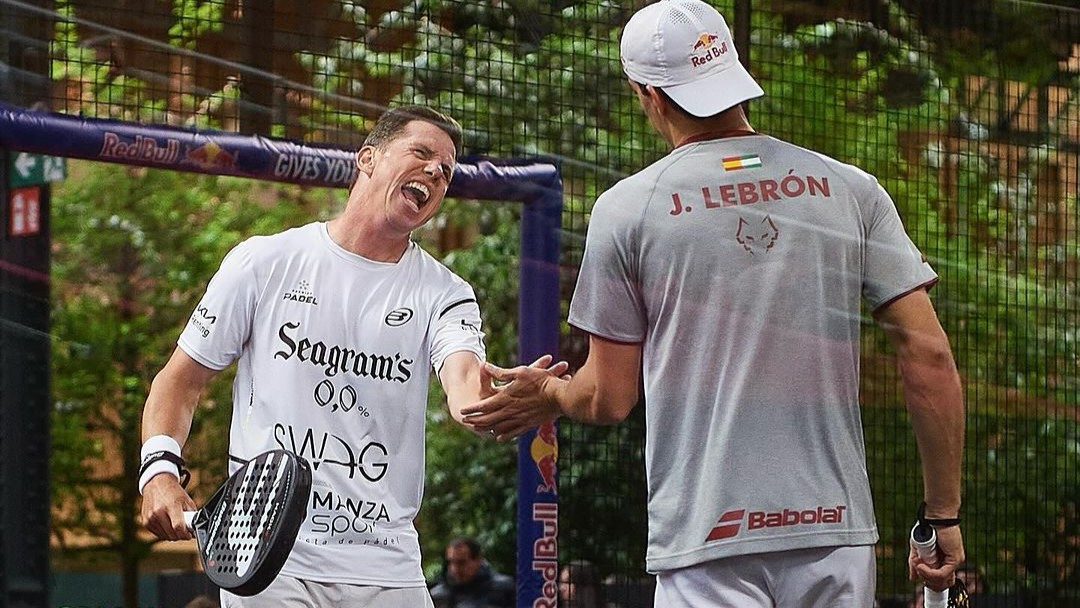 When will Lebron and Paquito split?
When will Lebron and Paquito split?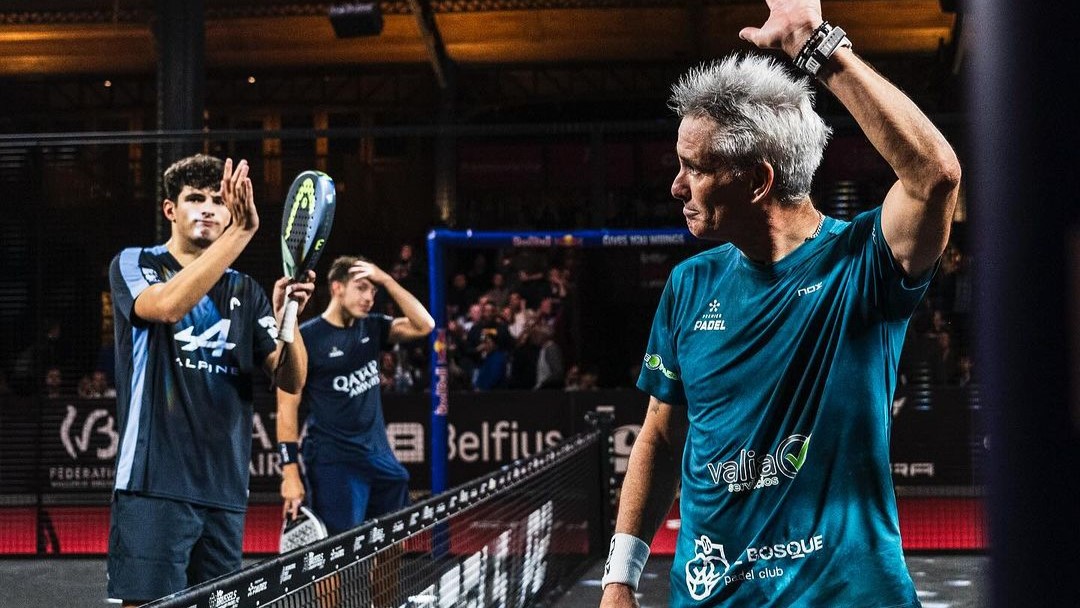 Premier Padel Brussels P2 – Coello and Tapia had to save two match points against Lamperti and Belluati to qualify in the half!
Premier Padel Brussels P2 – Coello and Tapia had to save two match points against Lamperti and Belluati to qualify in the half!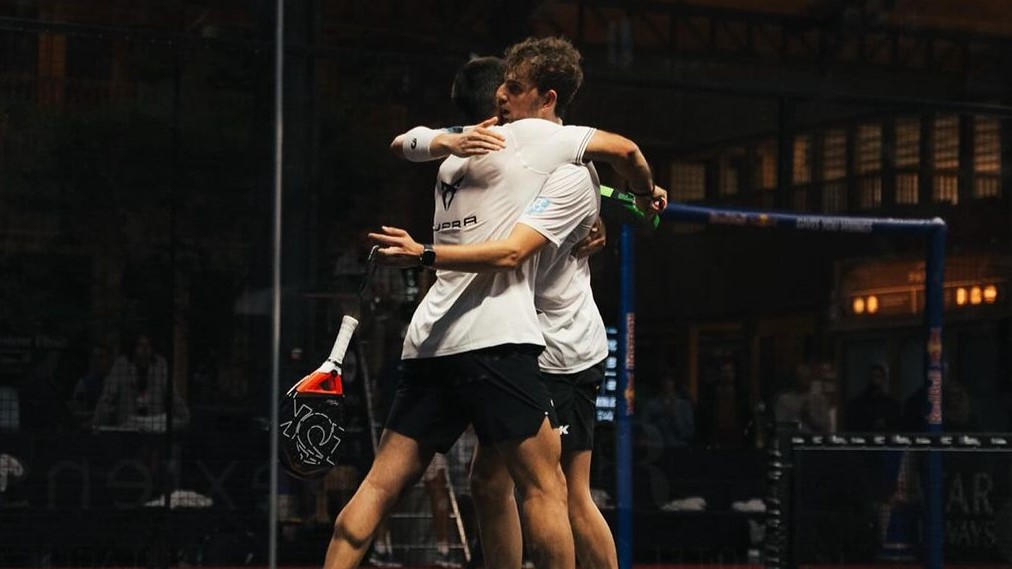 Premier Padel Brussels P2 – Mike Yanguas and Javi Garrido once again take the advantage over Stupa / Di Nenno
Premier Padel Brussels P2 – Mike Yanguas and Javi Garrido once again take the advantage over Stupa / Di Nenno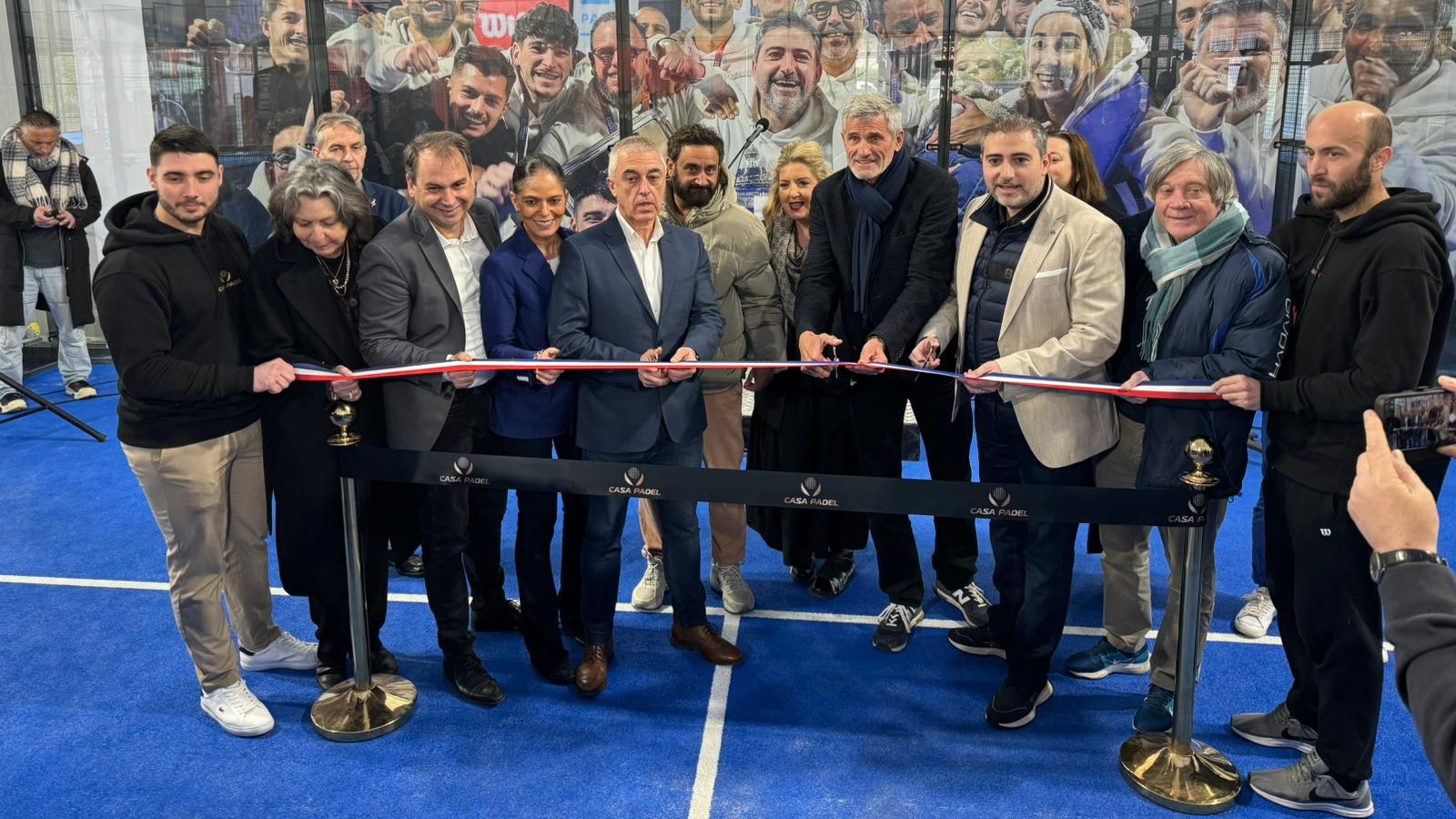 José Manuel Escin at the inauguration of Casa Padel DOS: “Finally, and thank you!”
José Manuel Escin at the inauguration of Casa Padel DOS: “Finally, and thank you!”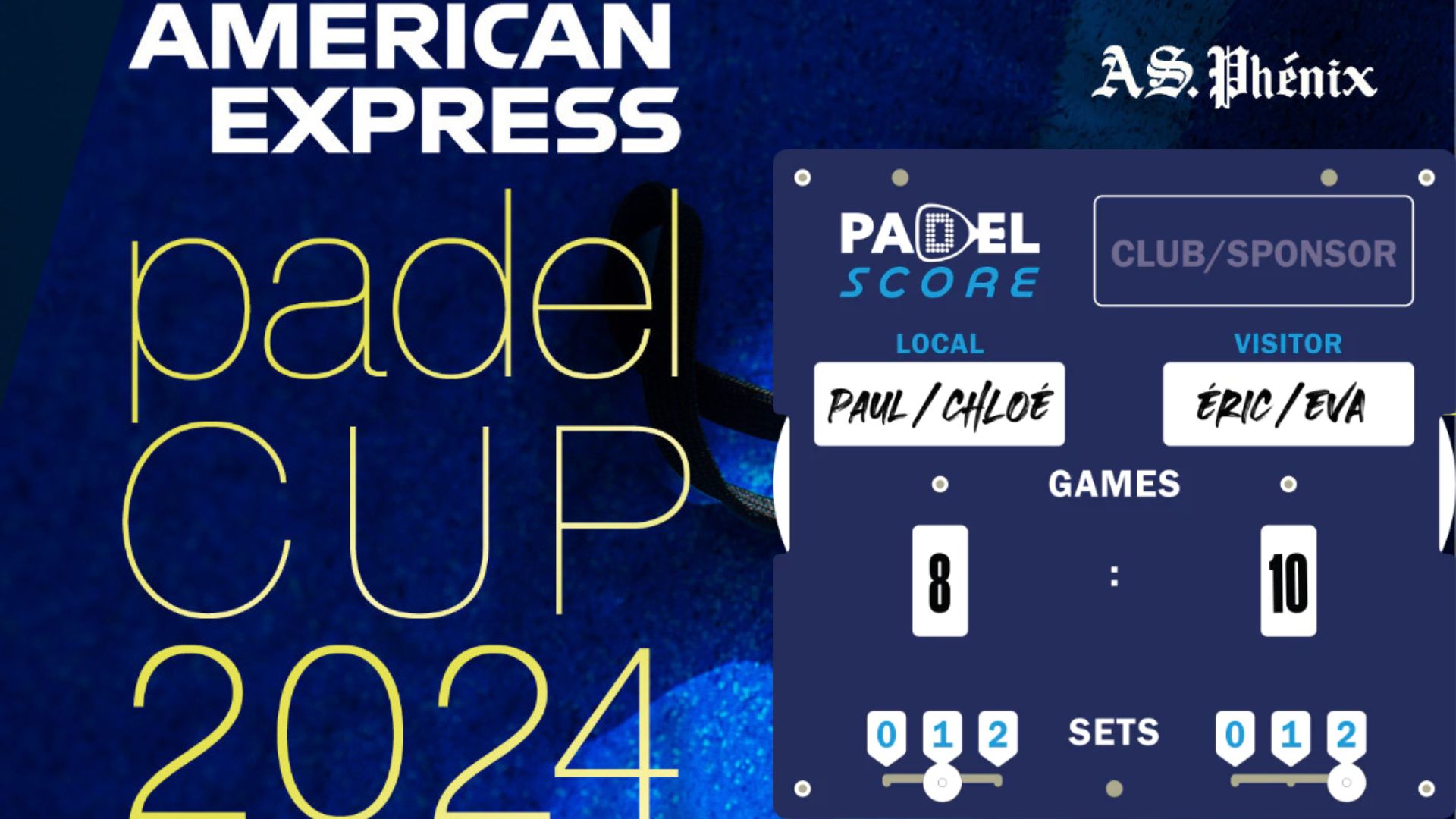 Padel Score comes to Tahiti for American Express Padel Cup!
Padel Score comes to Tahiti for American Express Padel Cup!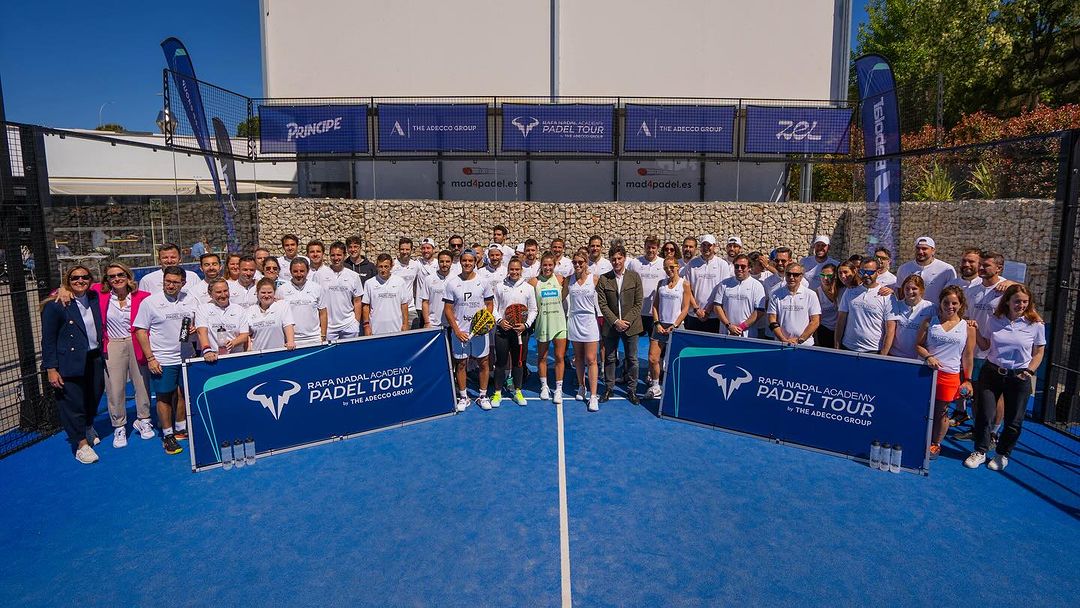 Do you know the Rafa Nadal Academy Tour?
Do you know the Rafa Nadal Academy Tour?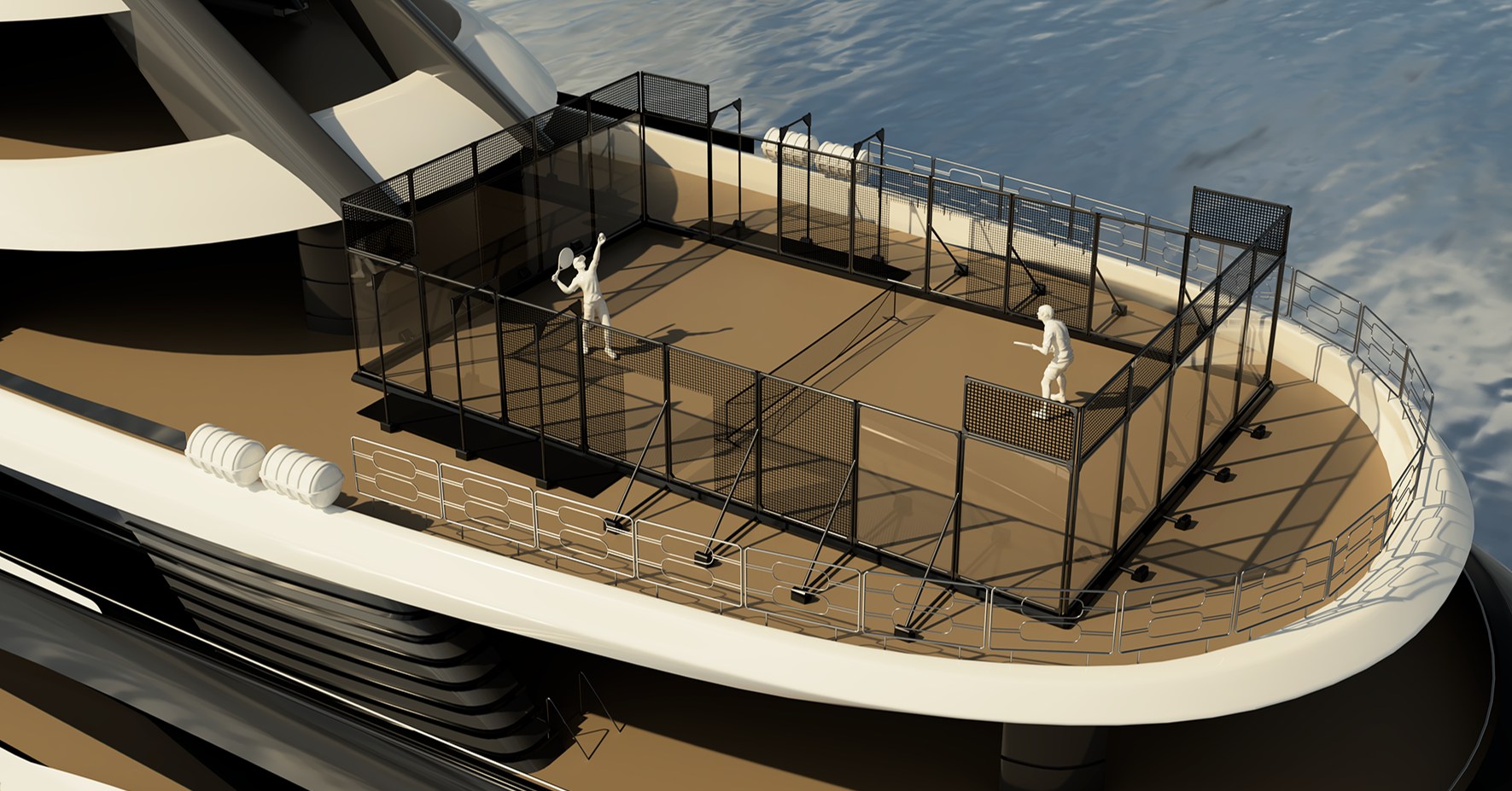 Play at padel on his yacht? Possible for €233.000!
Play at padel on his yacht? Possible for €233.000! Our Top 10 training courses padel in France and Europe
Our Top 10 training courses padel in France and Europe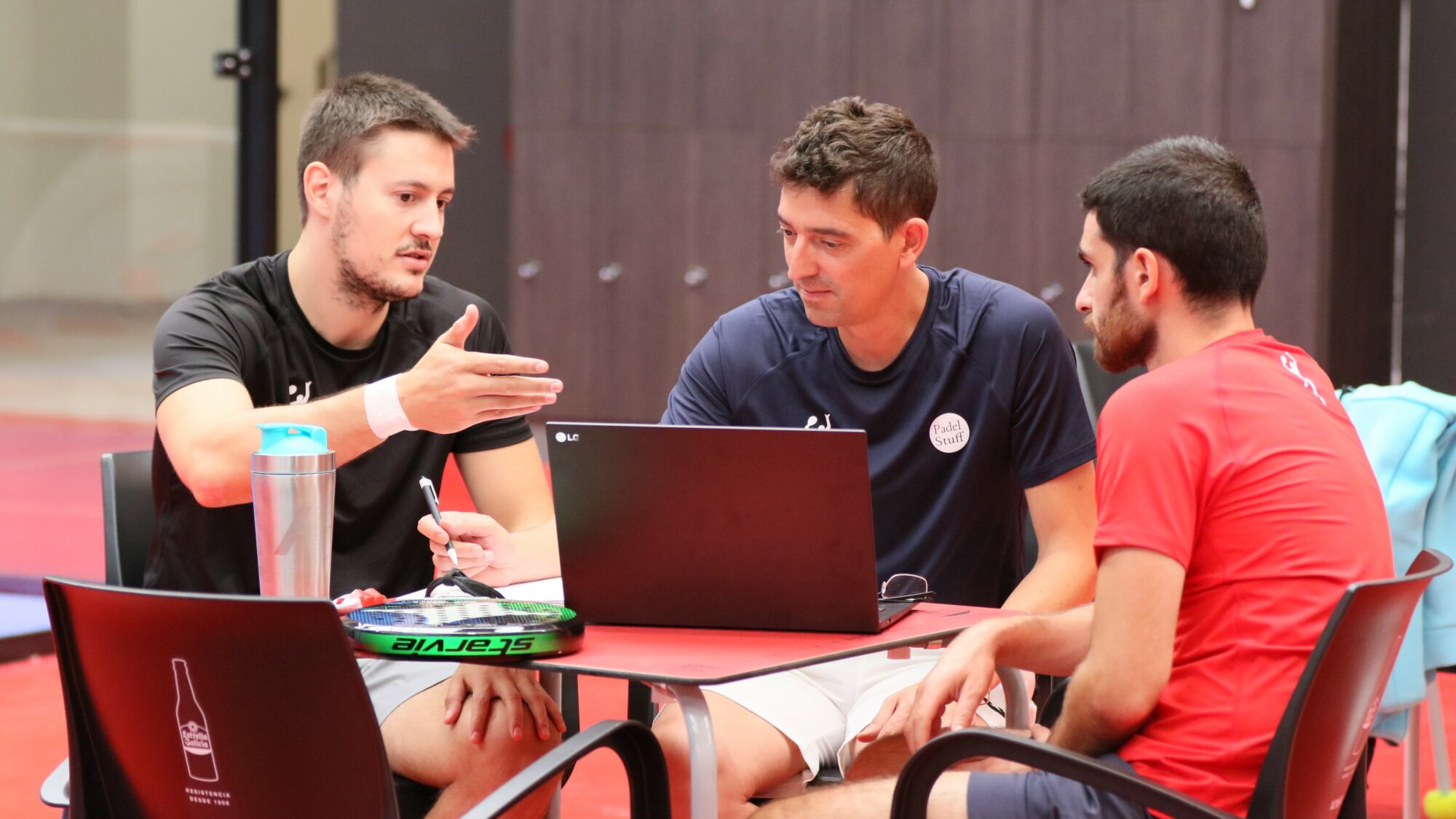 At the heart of padel – Episode 25: Paul and Andoni answer your questions
At the heart of padel – Episode 25: Paul and Andoni answer your questions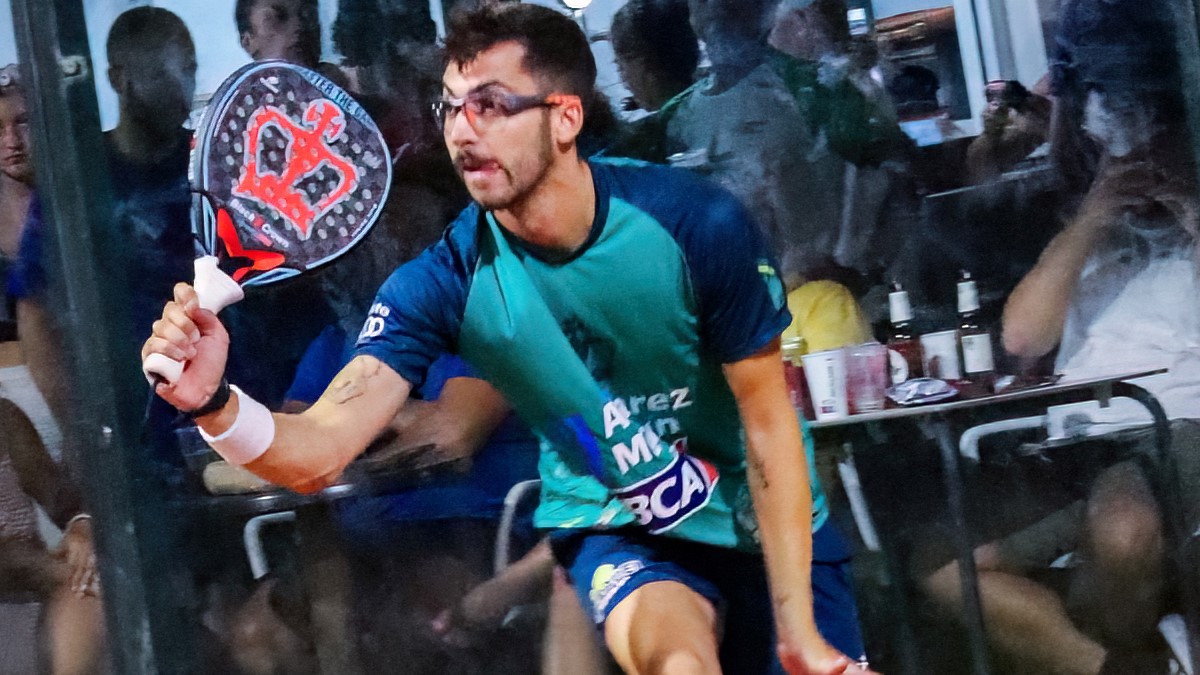 Tactical padel – What to do when faced with players who systematically stay at the bottom?
Tactical padel – What to do when faced with players who systematically stay at the bottom?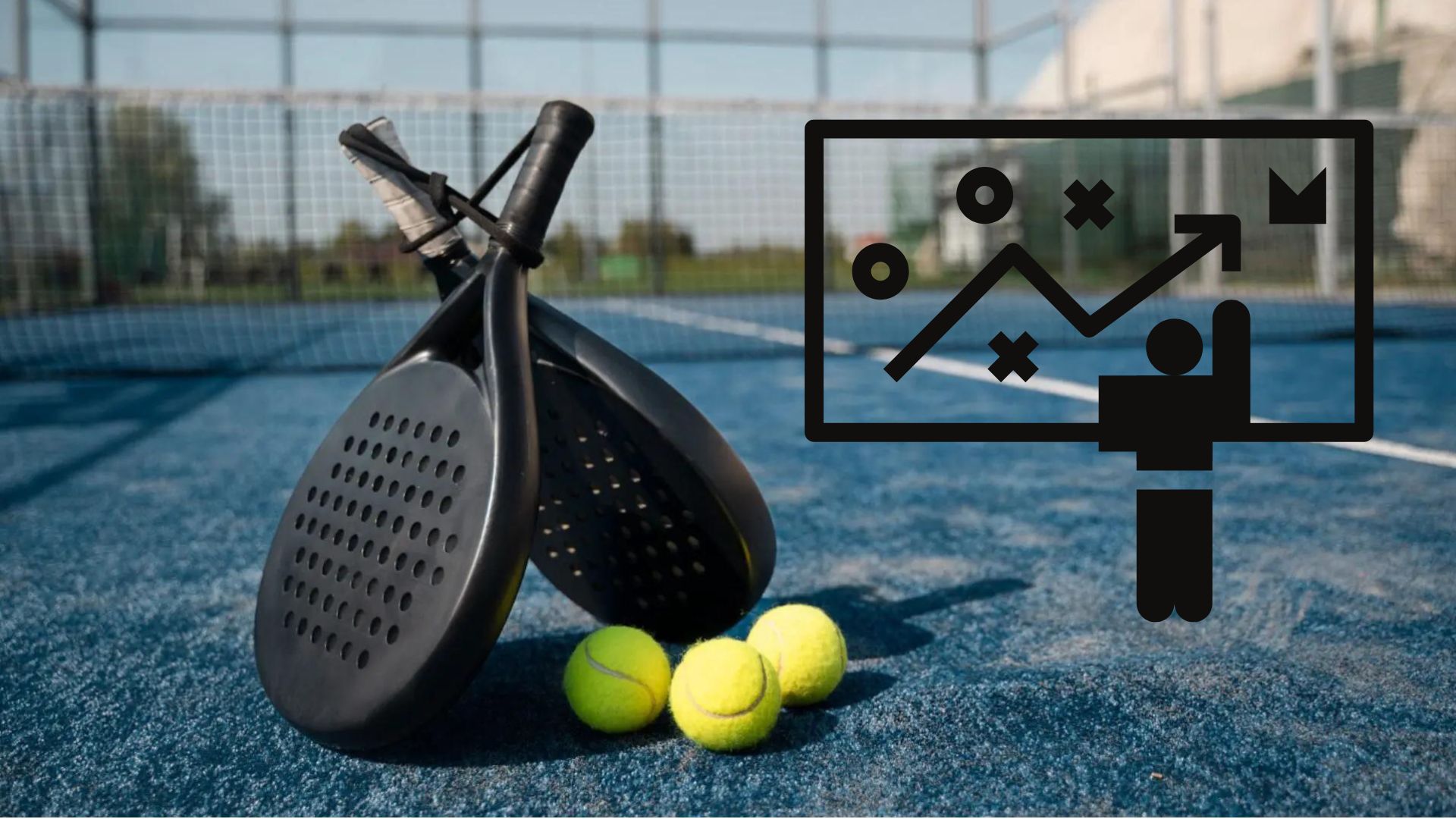 The basic tactics of padel
The basic tactics of padel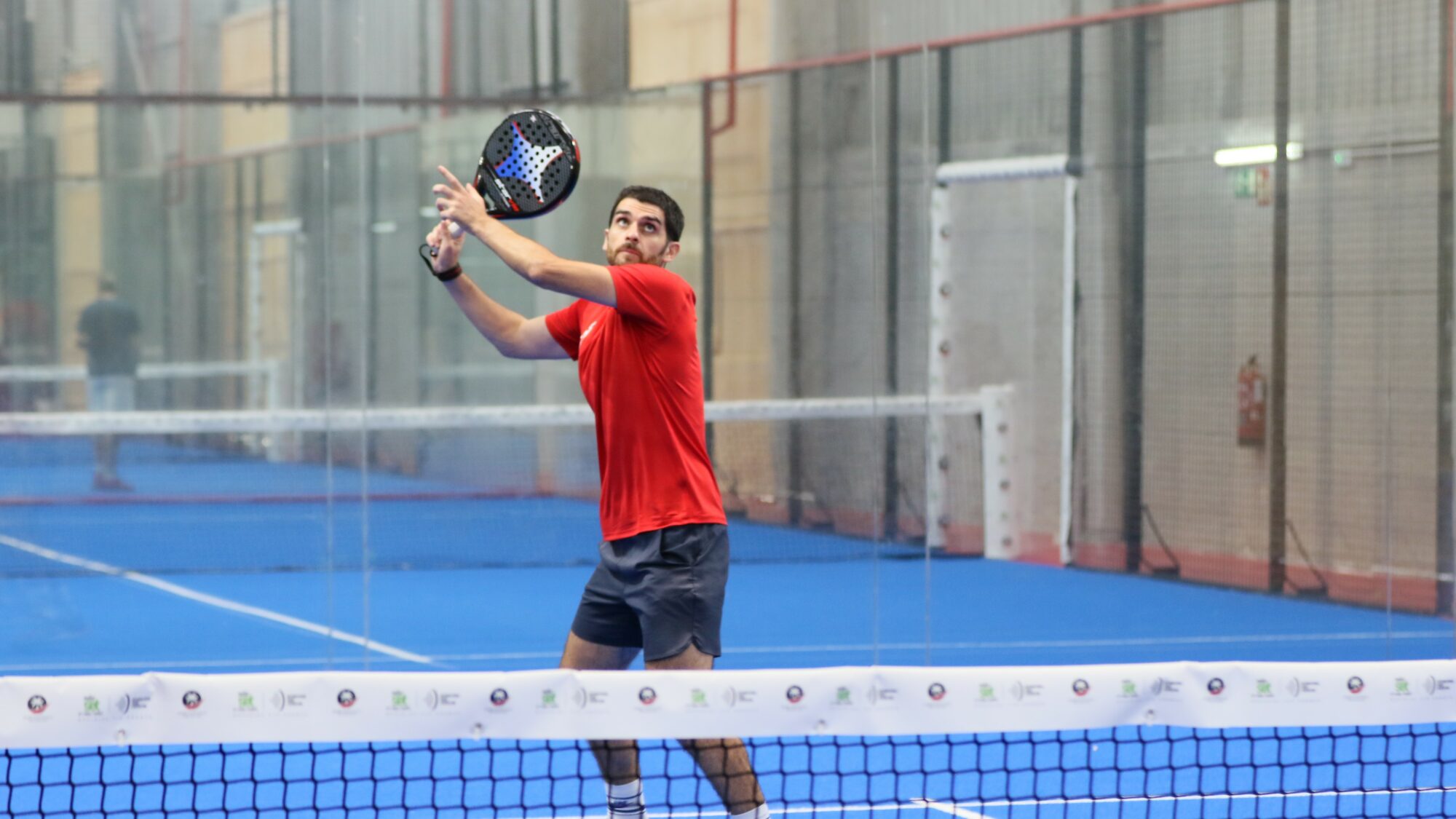 At the heart of padel – Episode 25: Paul and Andoni answer your questions
At the heart of padel – Episode 25: Paul and Andoni answer your questions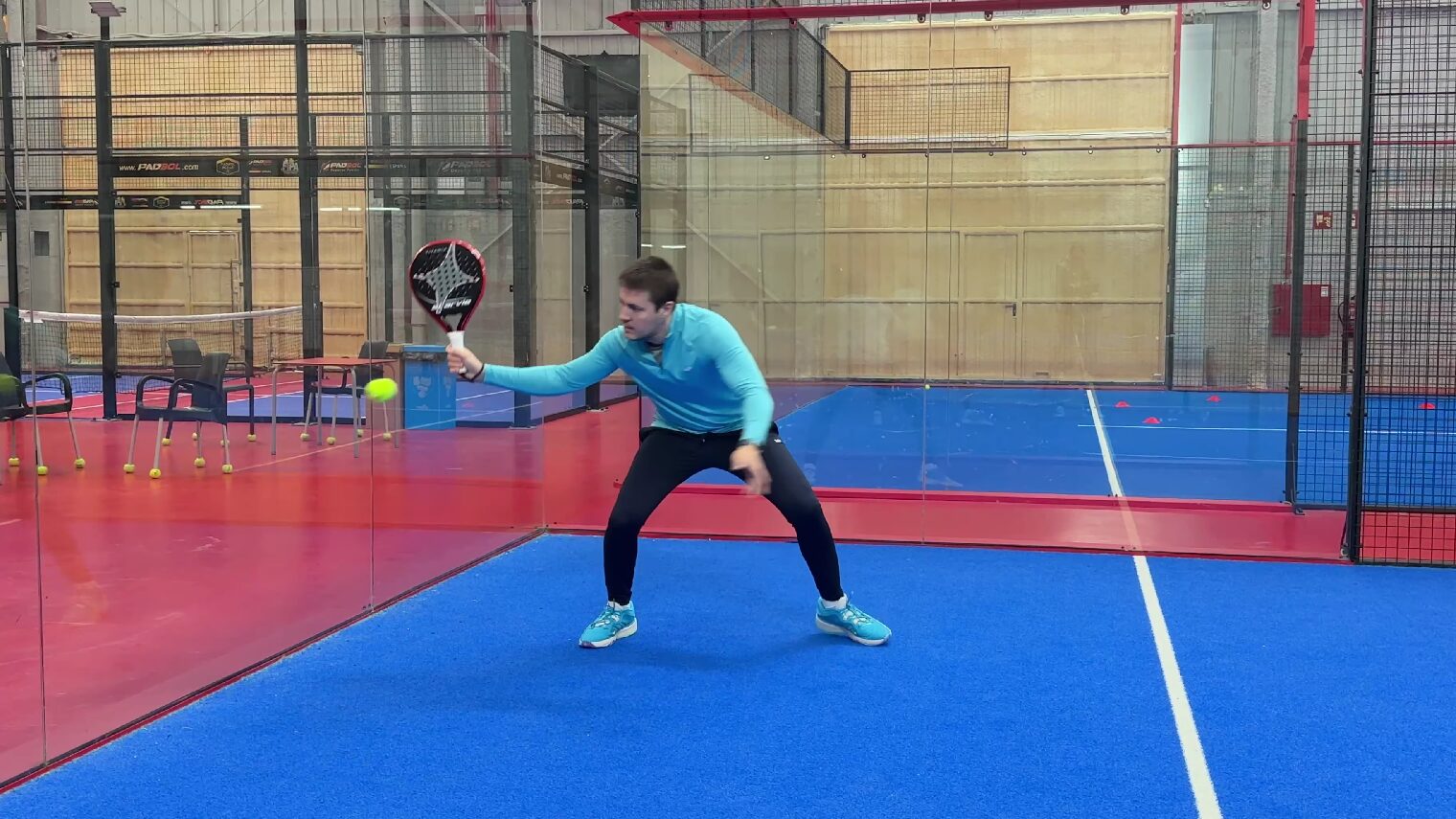 At the heart of padel – Episode 23: defend the window well
At the heart of padel – Episode 23: defend the window well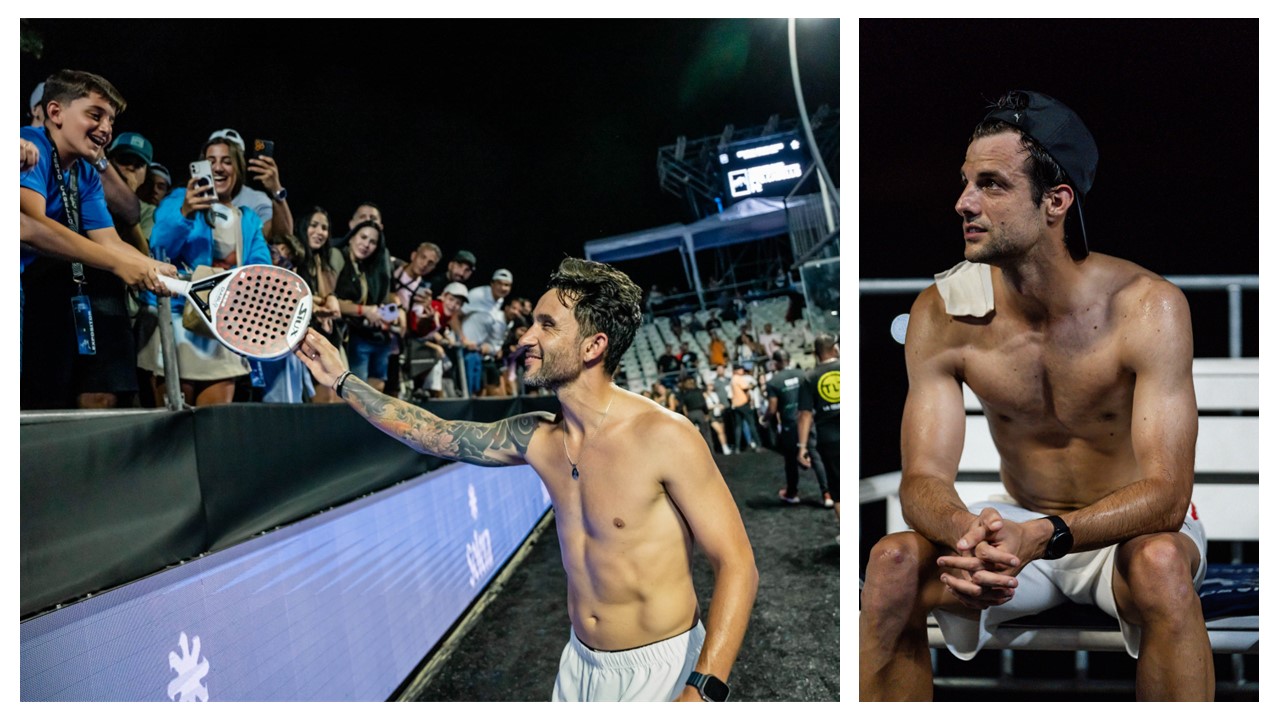 Prohibition on playing topless Padel : the reasons
Prohibition on playing topless Padel : the reasons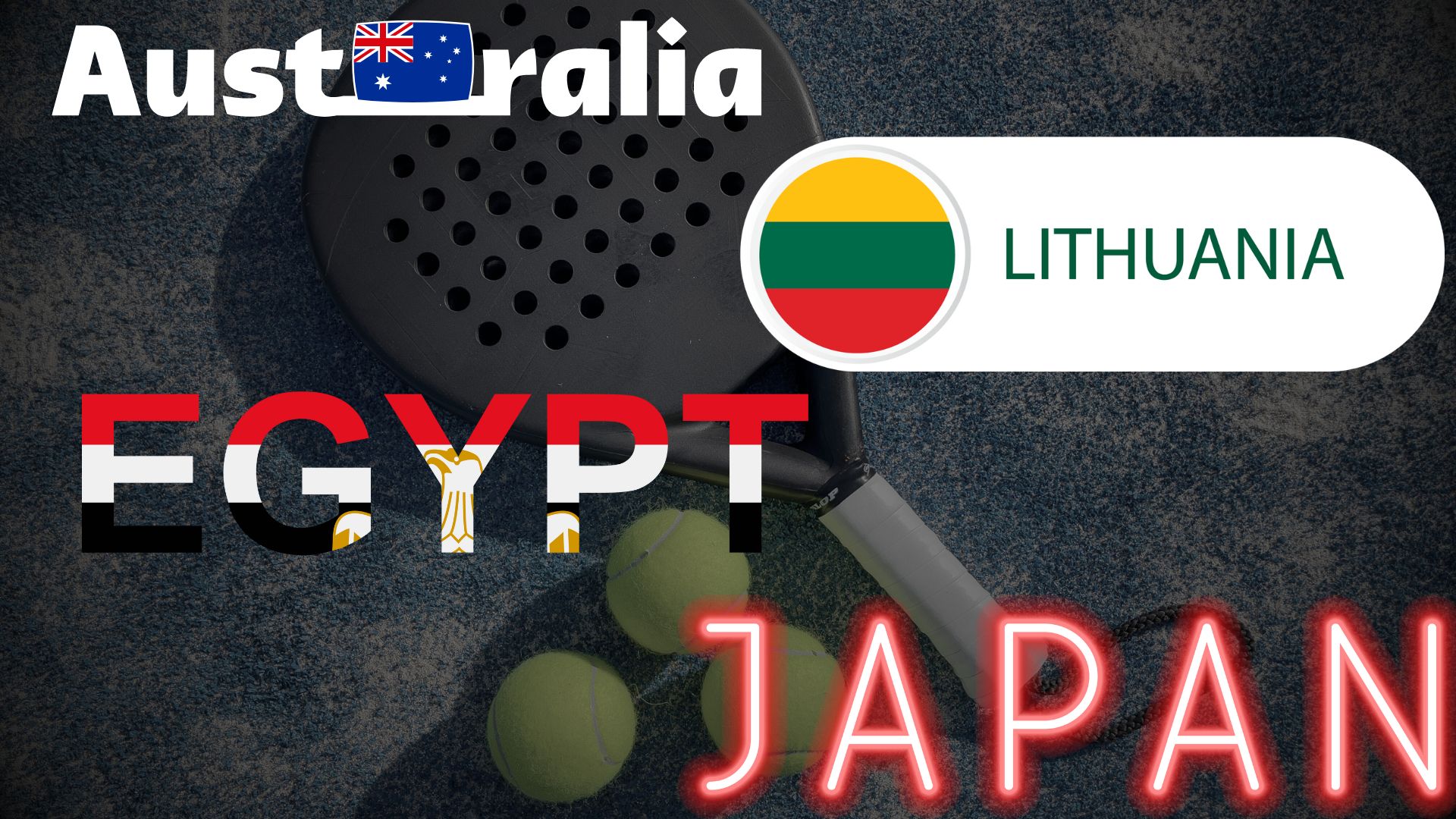 FIP Tour – Going far from Europe, THE strategy to earn points!
FIP Tour – Going far from Europe, THE strategy to earn points!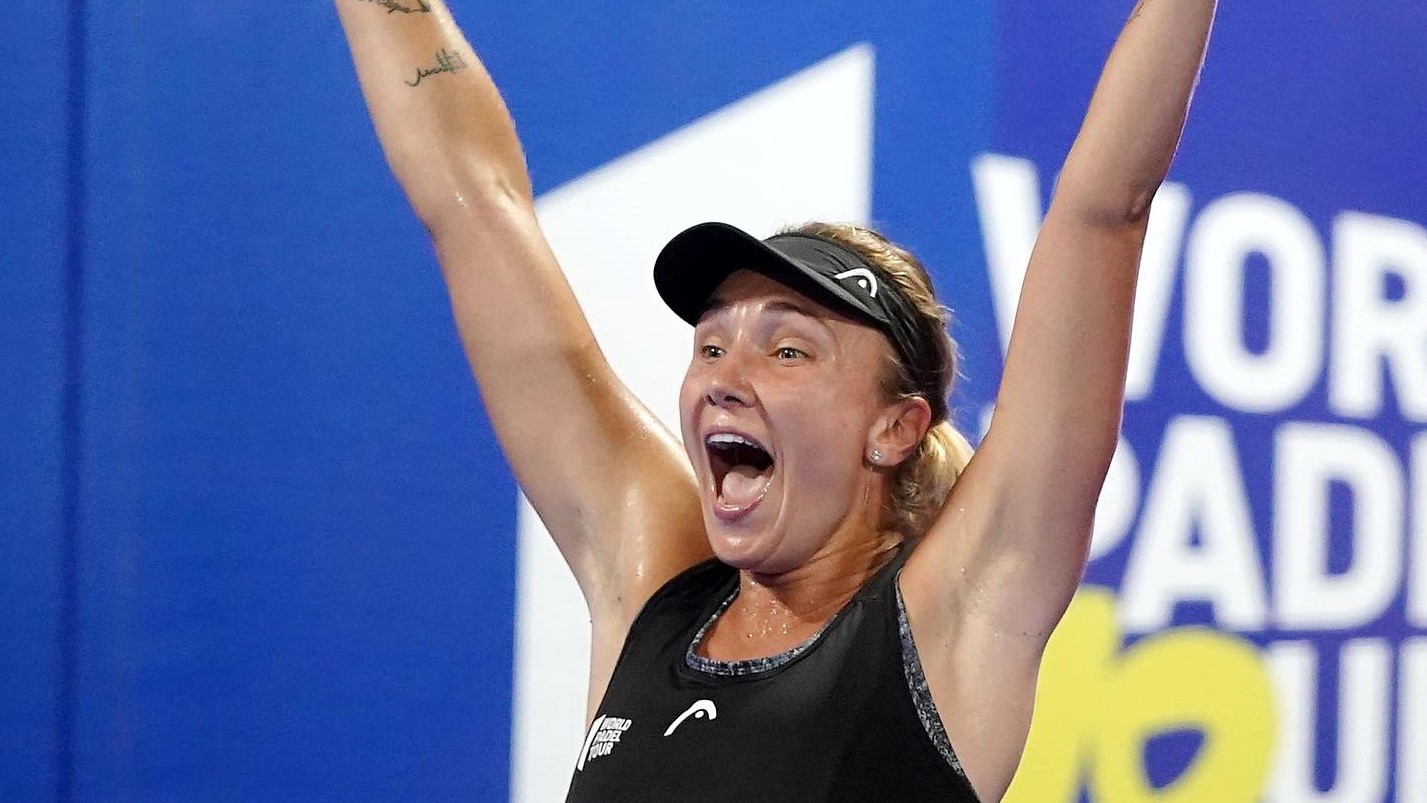 What is a good football player? padel ?
What is a good football player? padel ?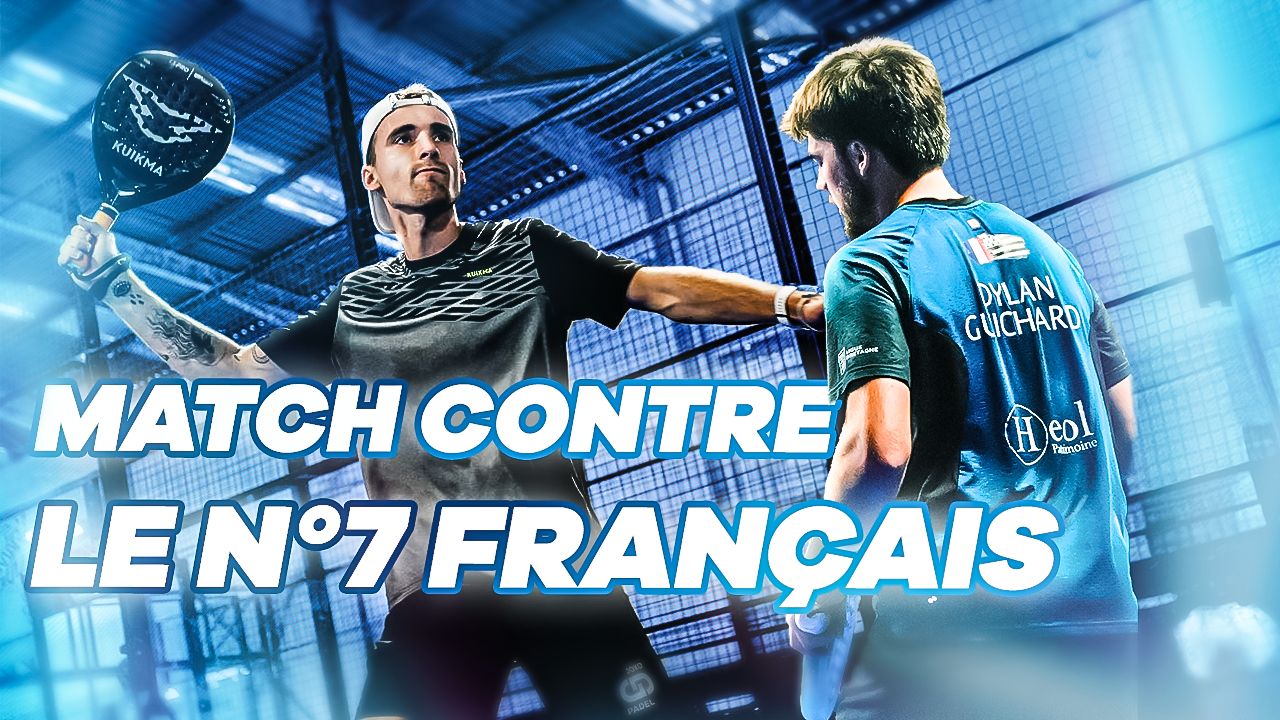 “Lefties give me headaches when I play against them!”
“Lefties give me headaches when I play against them!”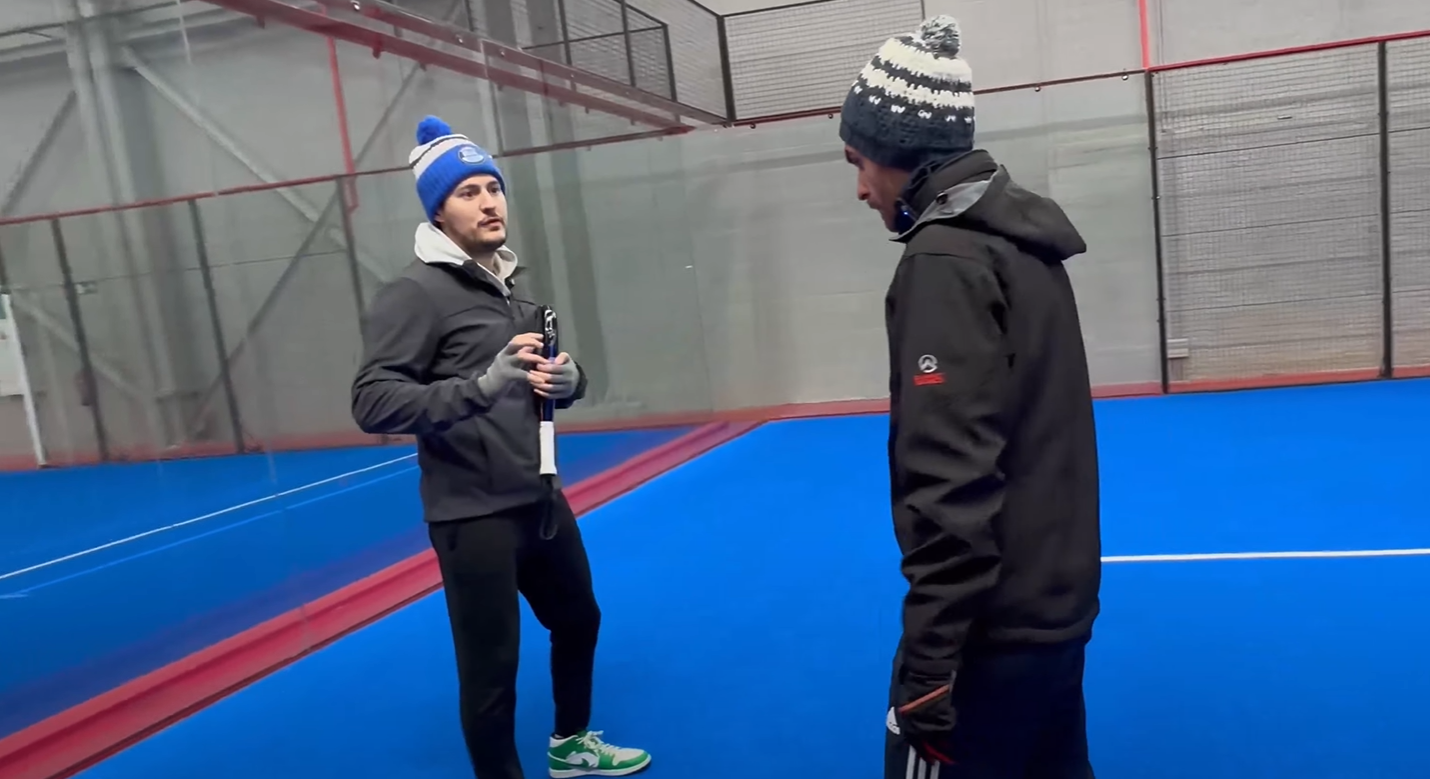 At the heart of padel – Episode 14: how to earn points in winter?
At the heart of padel – Episode 14: how to earn points in winter?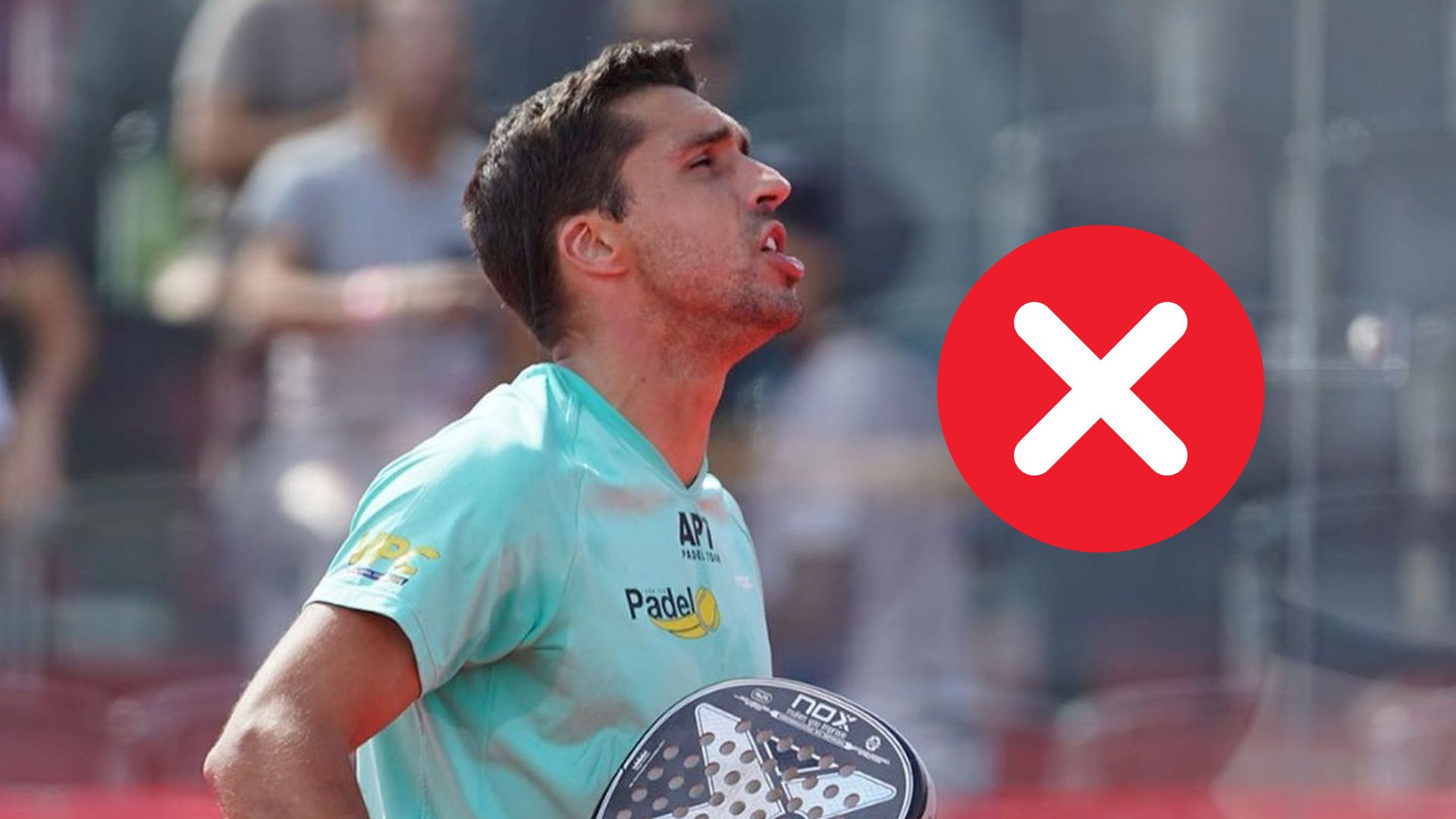 A par 4 is always a winner...even if you manage to defend it!
A par 4 is always a winner...even if you manage to defend it!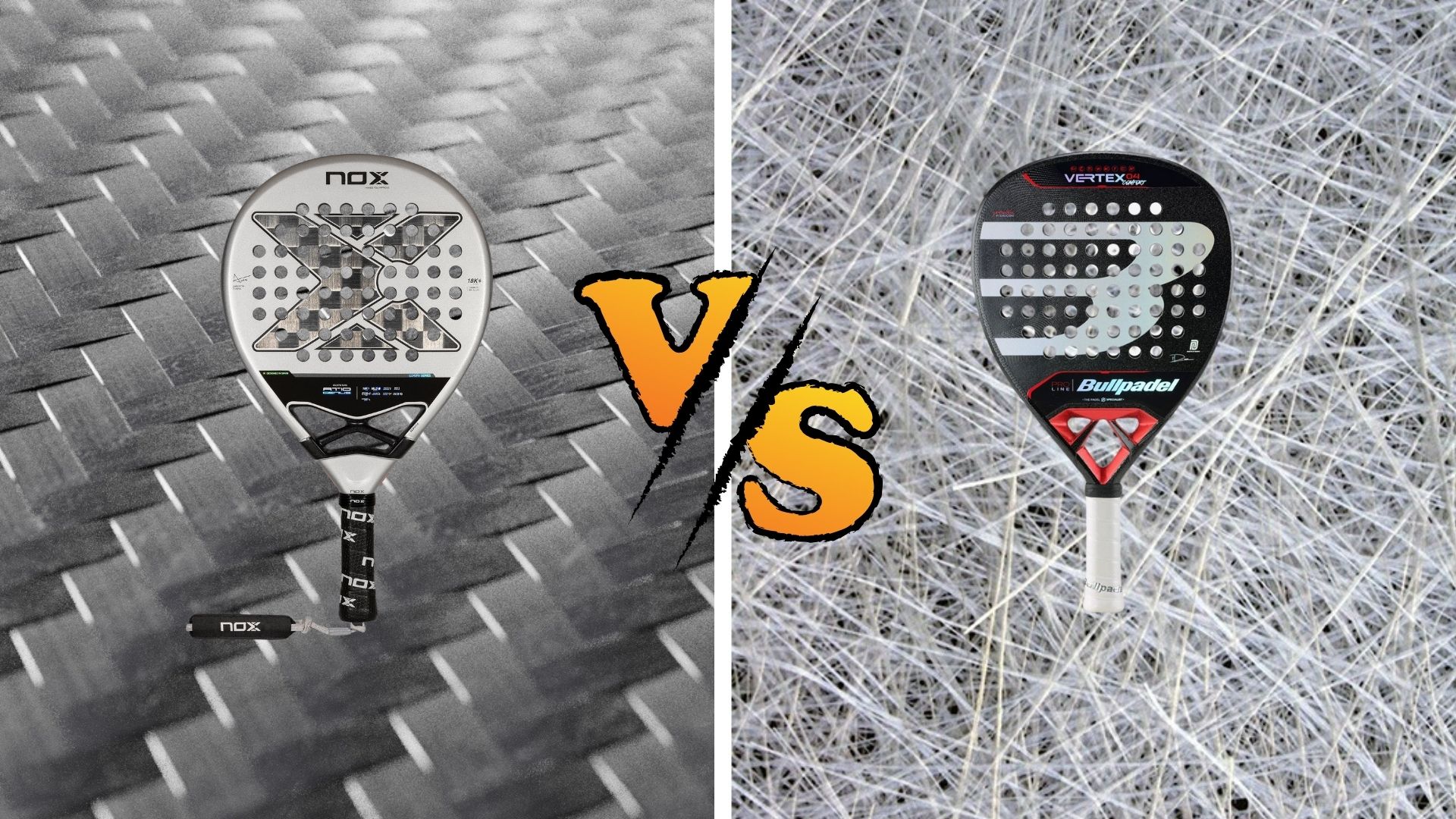 Carbon fiber VS fiberglass: what to choose?
Carbon fiber VS fiberglass: what to choose?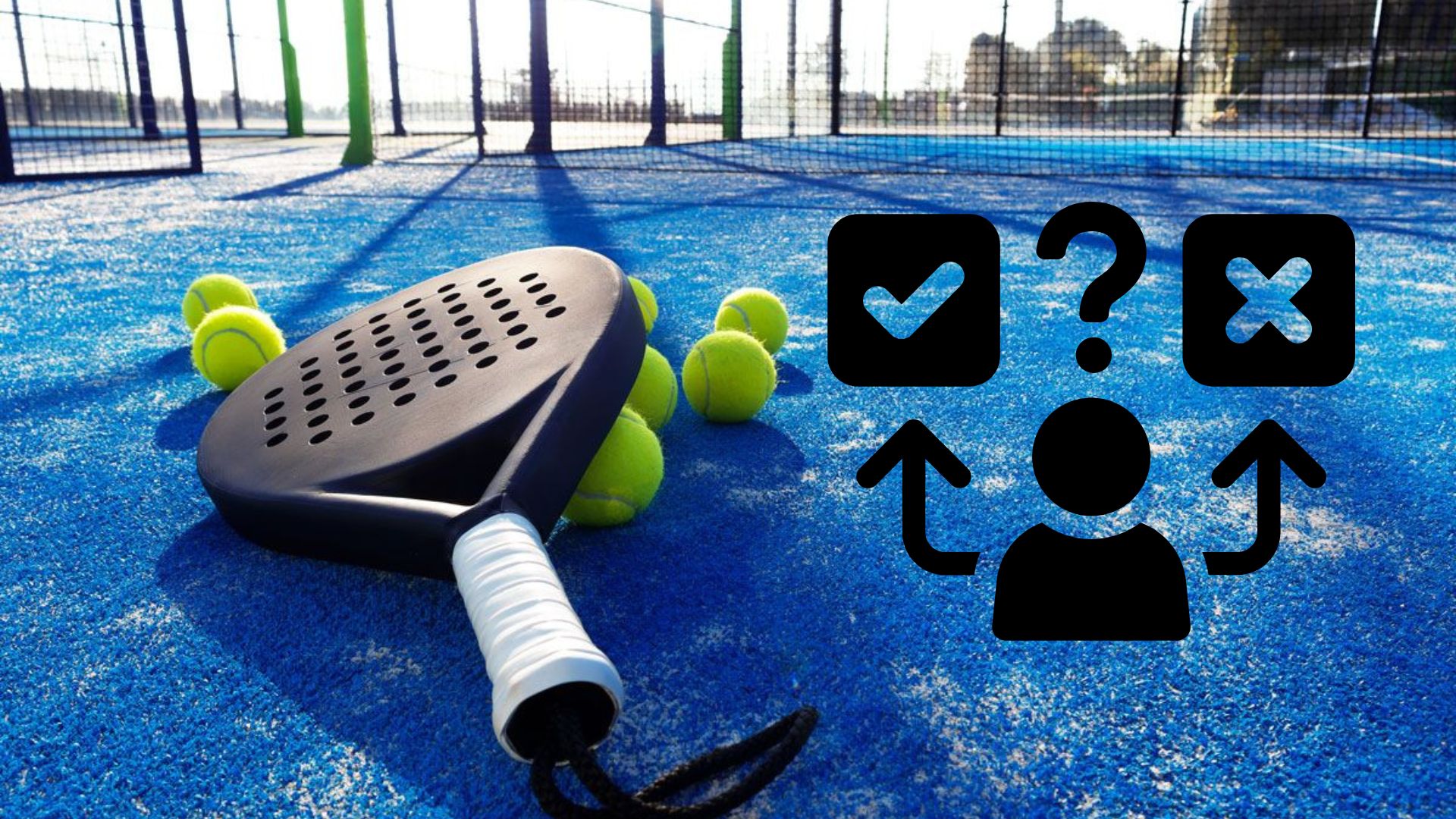 How to effectively test a racket padel ?
How to effectively test a racket padel ?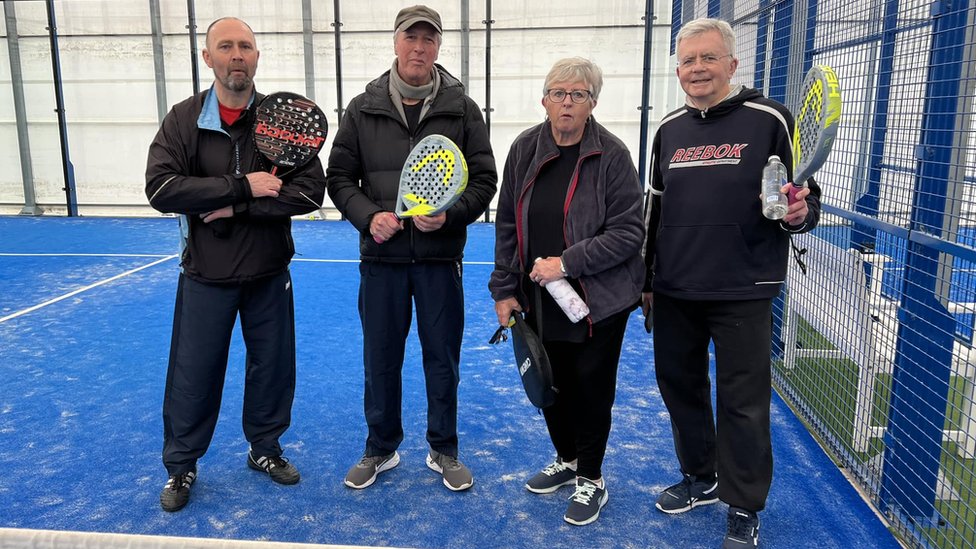 La padel to fight Parkinson's disease
La padel to fight Parkinson's disease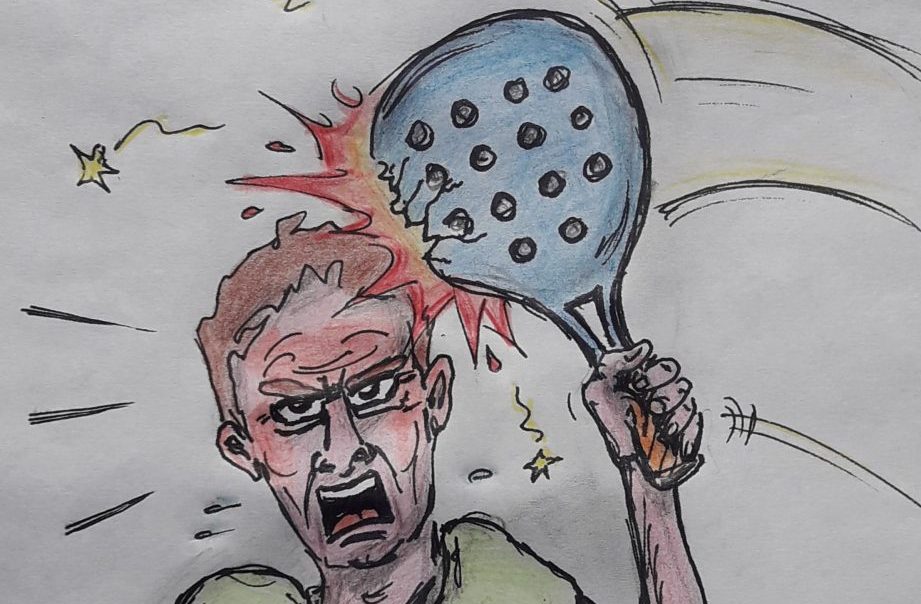 Don't play with a cracked or broken racket, your body will thank you!
Don't play with a cracked or broken racket, your body will thank you! Michel Cymes: “The padel, physically, it’s serious!”
Michel Cymes: “The padel, physically, it’s serious!”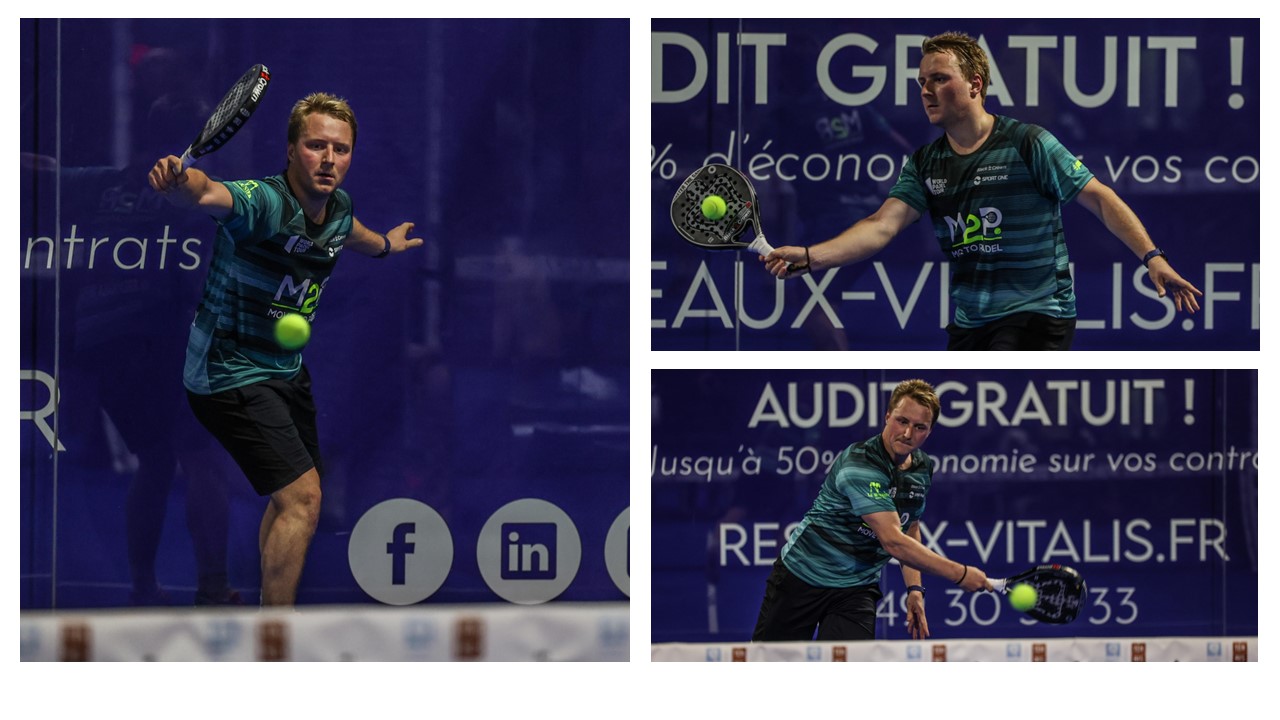 Jeremy Gala: “Promote the padel among young people in Belgium remains a challenge”
Jeremy Gala: “Promote the padel among young people in Belgium remains a challenge”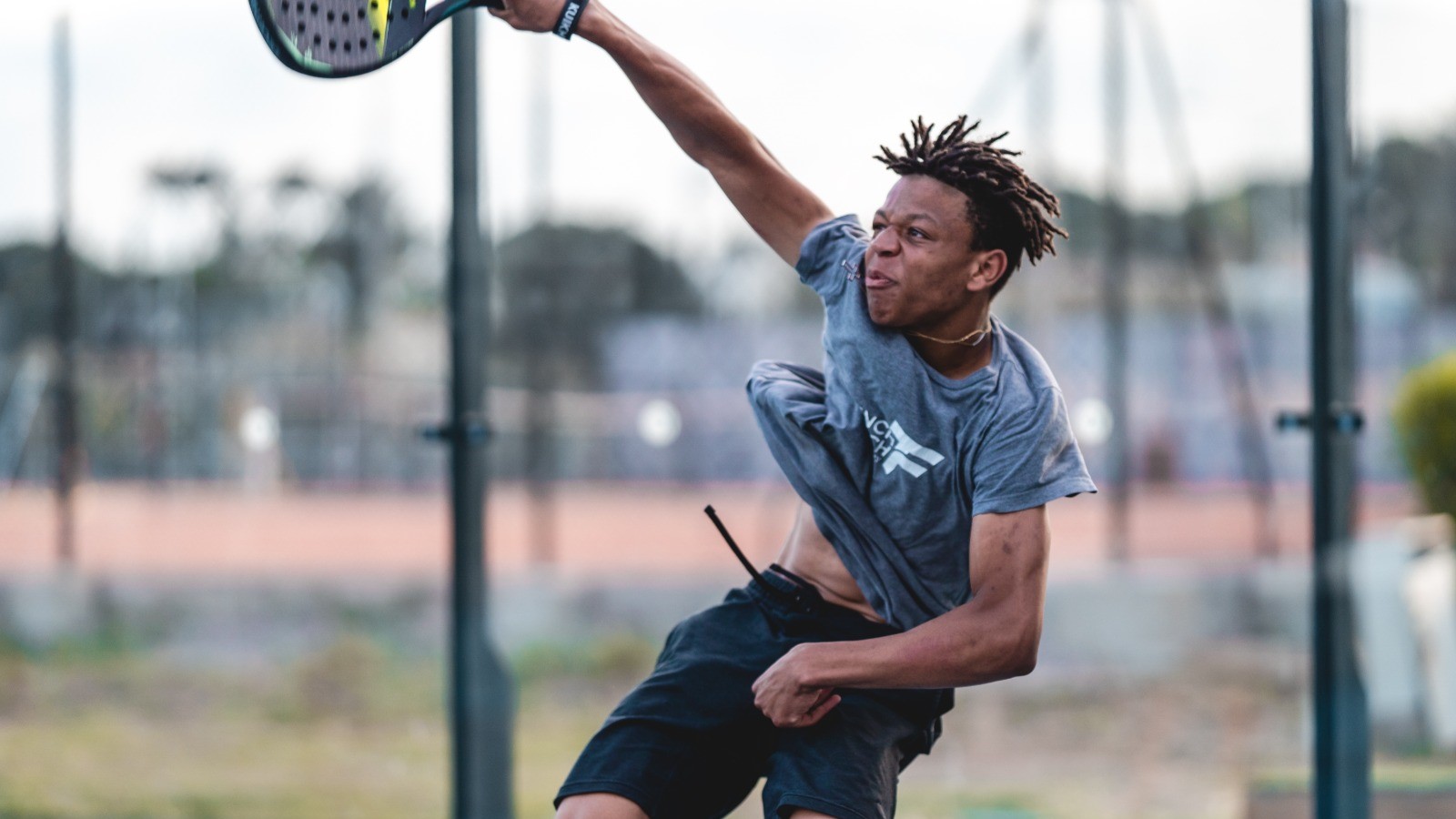 The French Touch Academy organizes its selection day Padel-Study
The French Touch Academy organizes its selection day Padel-Study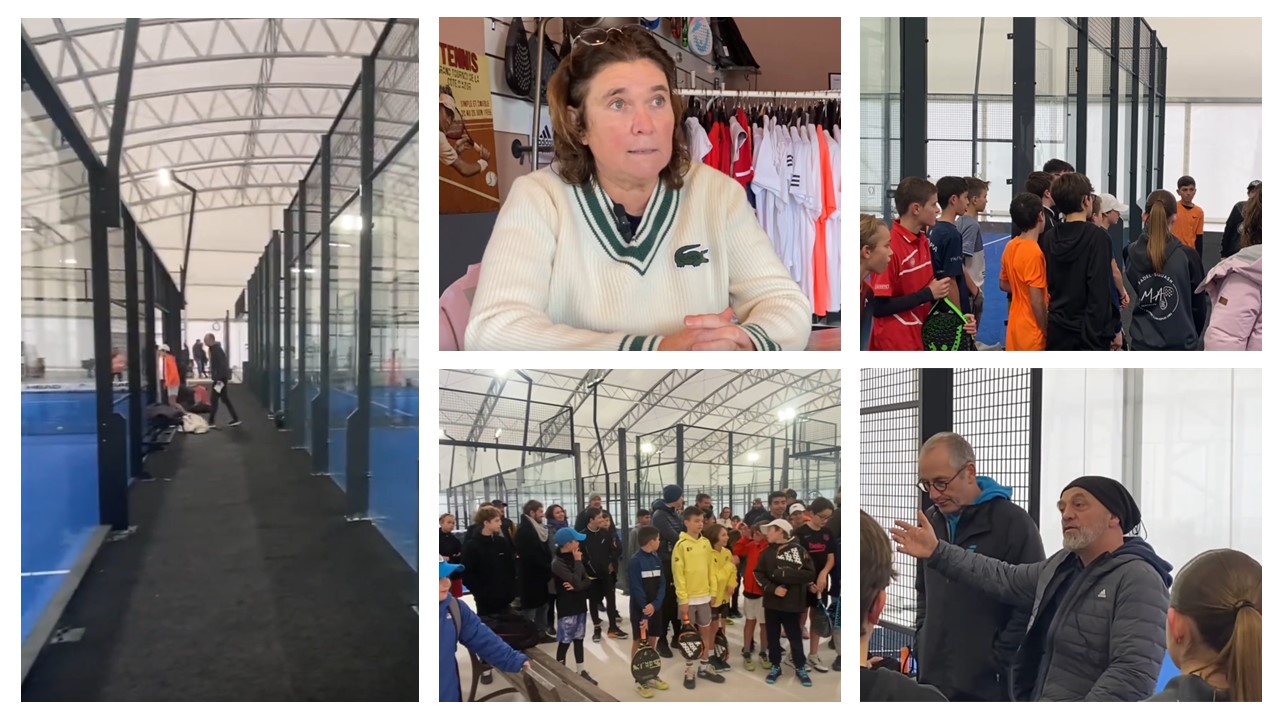 Report on the detection and training of younger generations
Report on the detection and training of younger generations